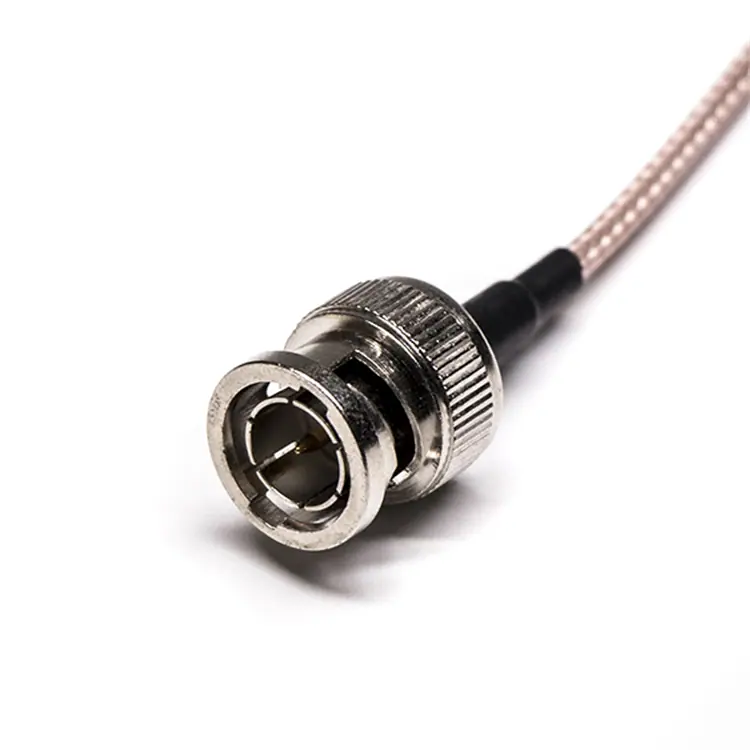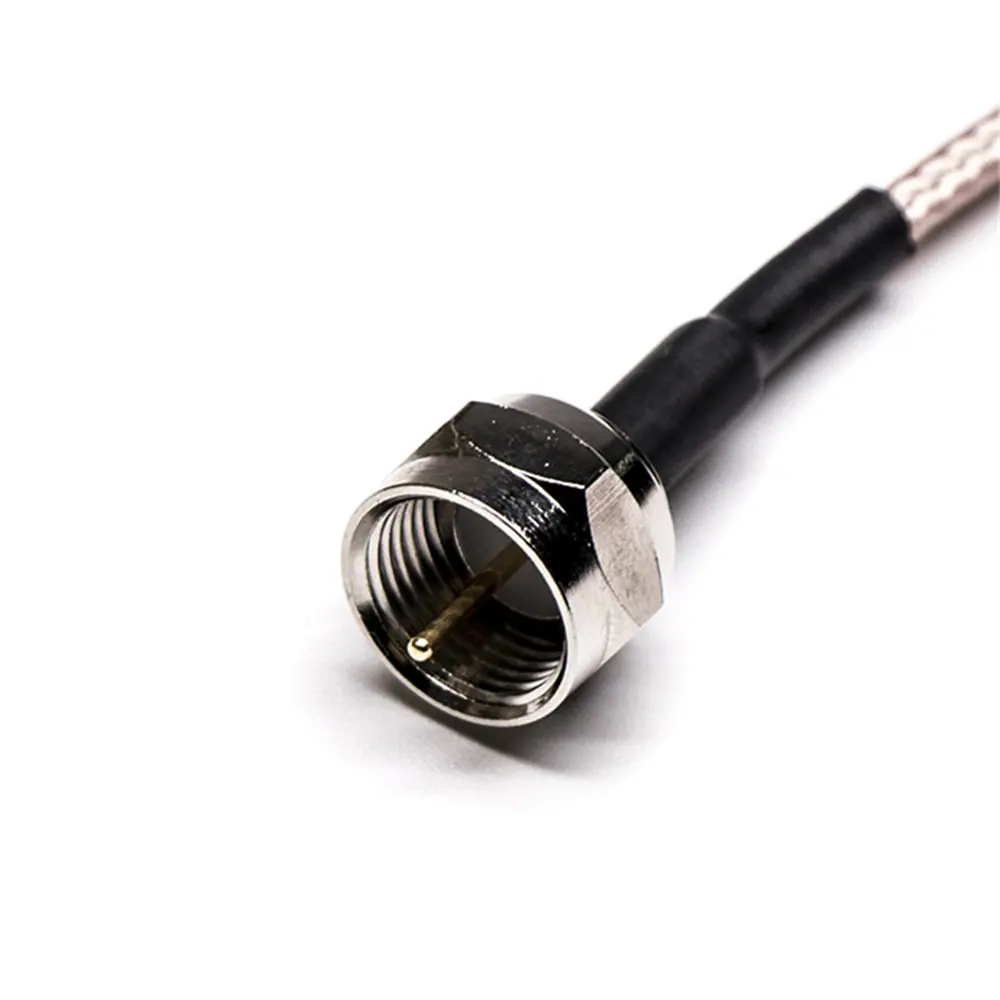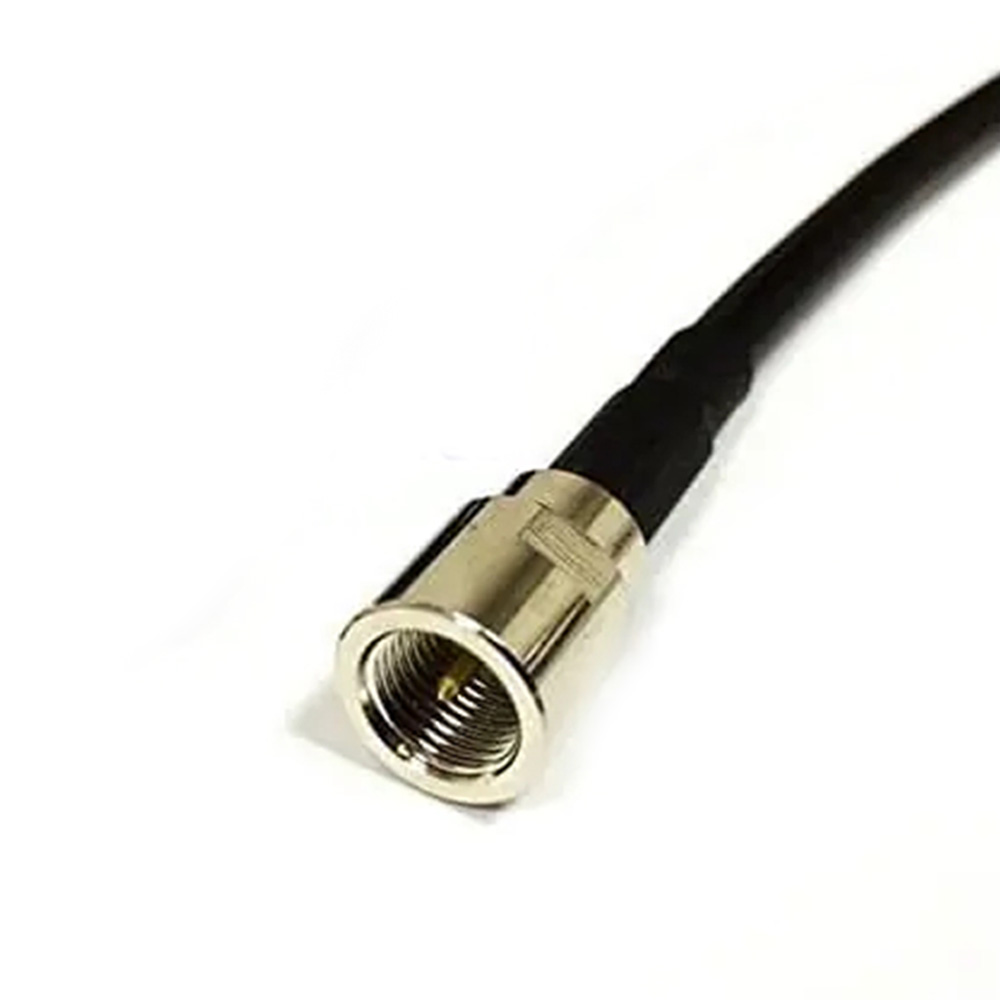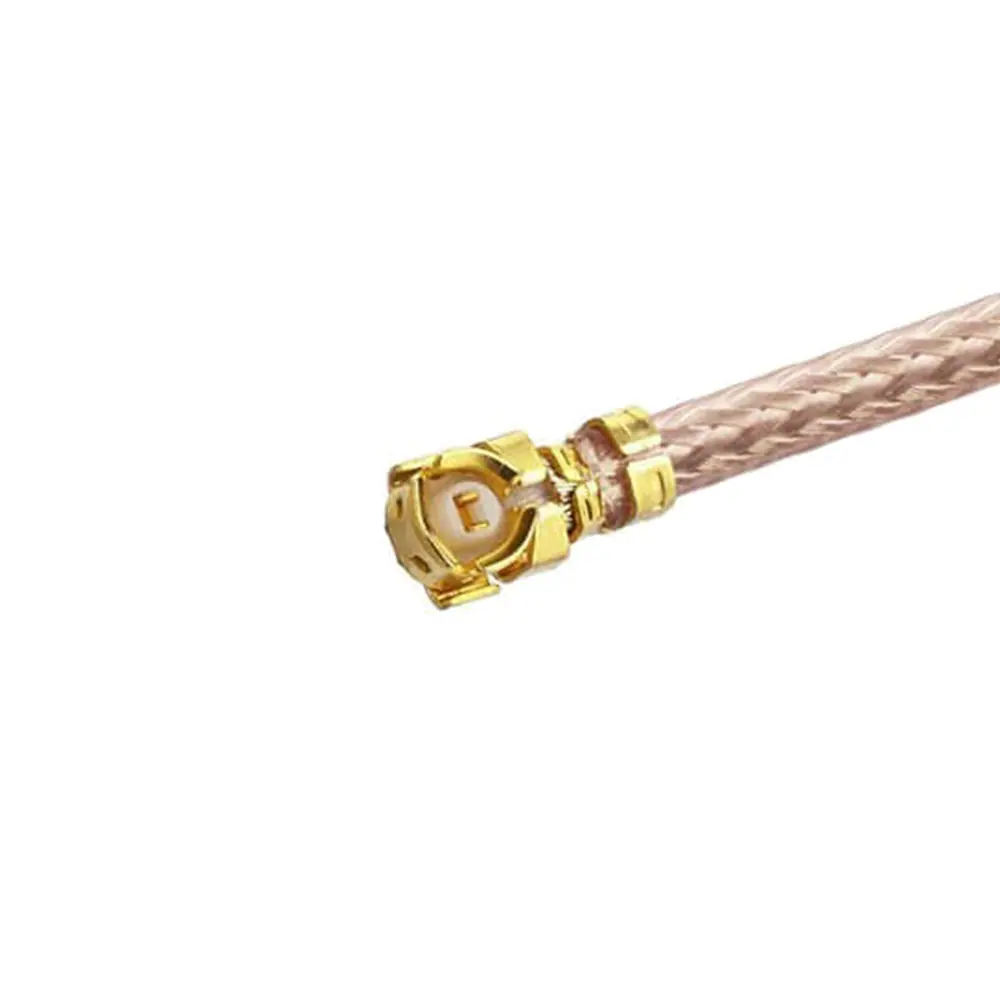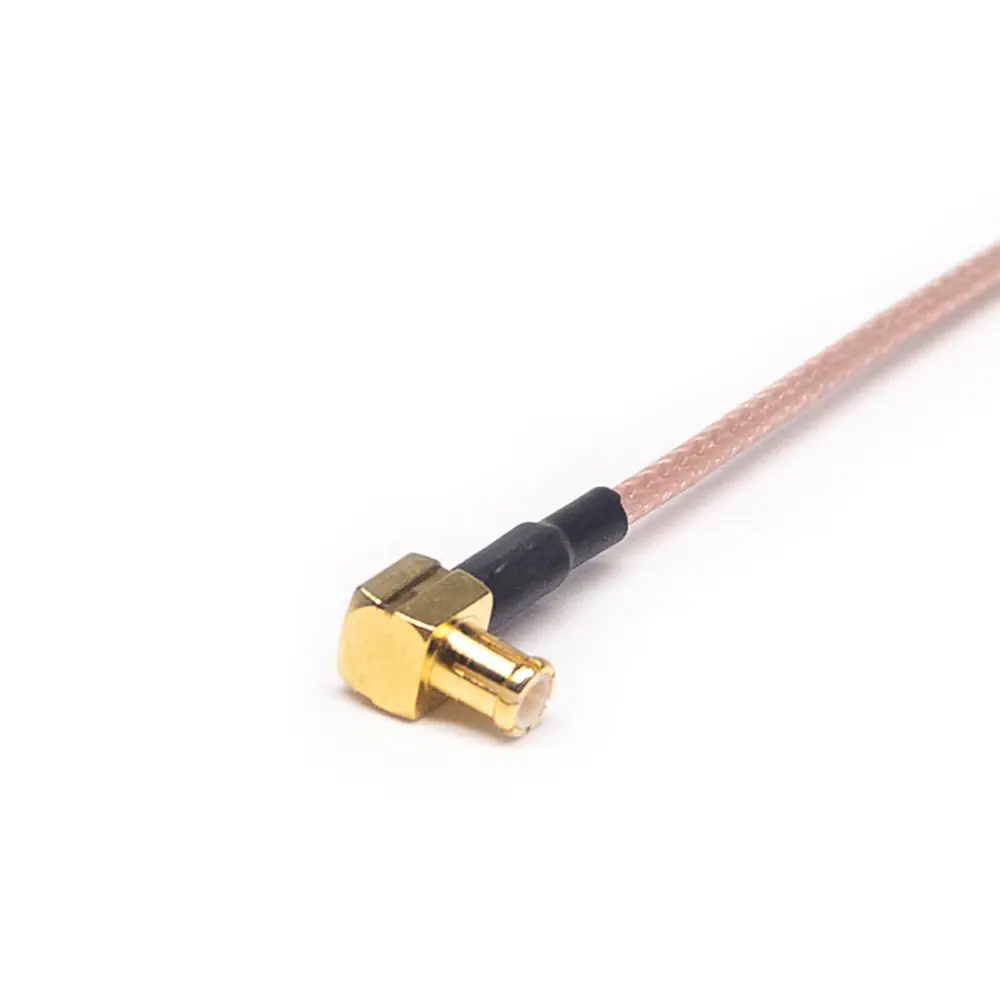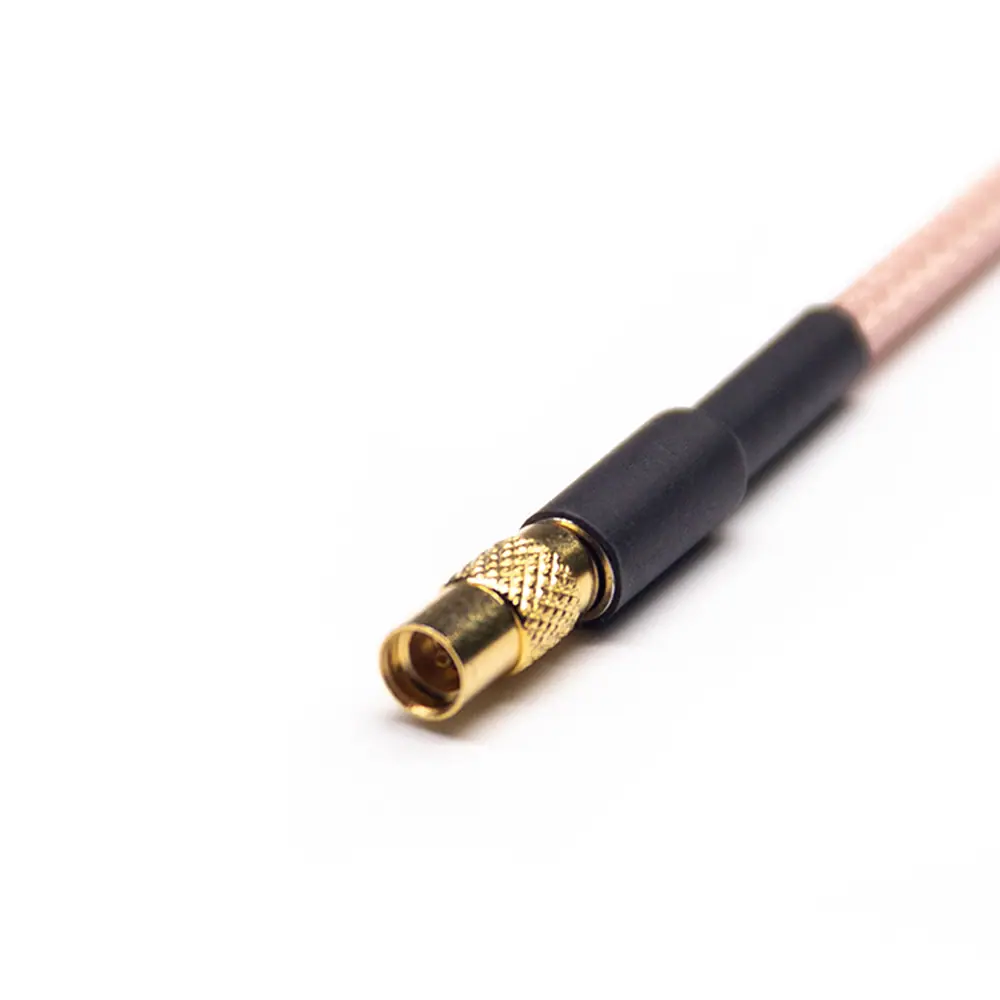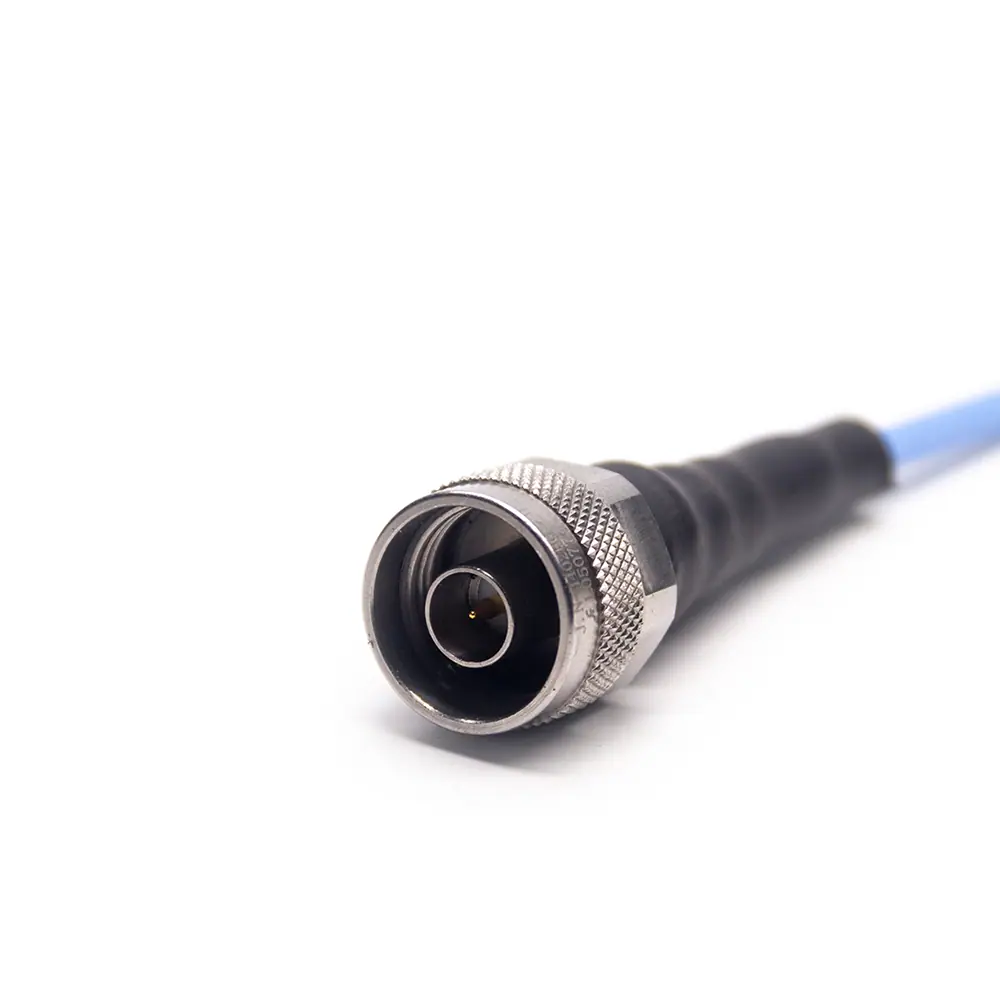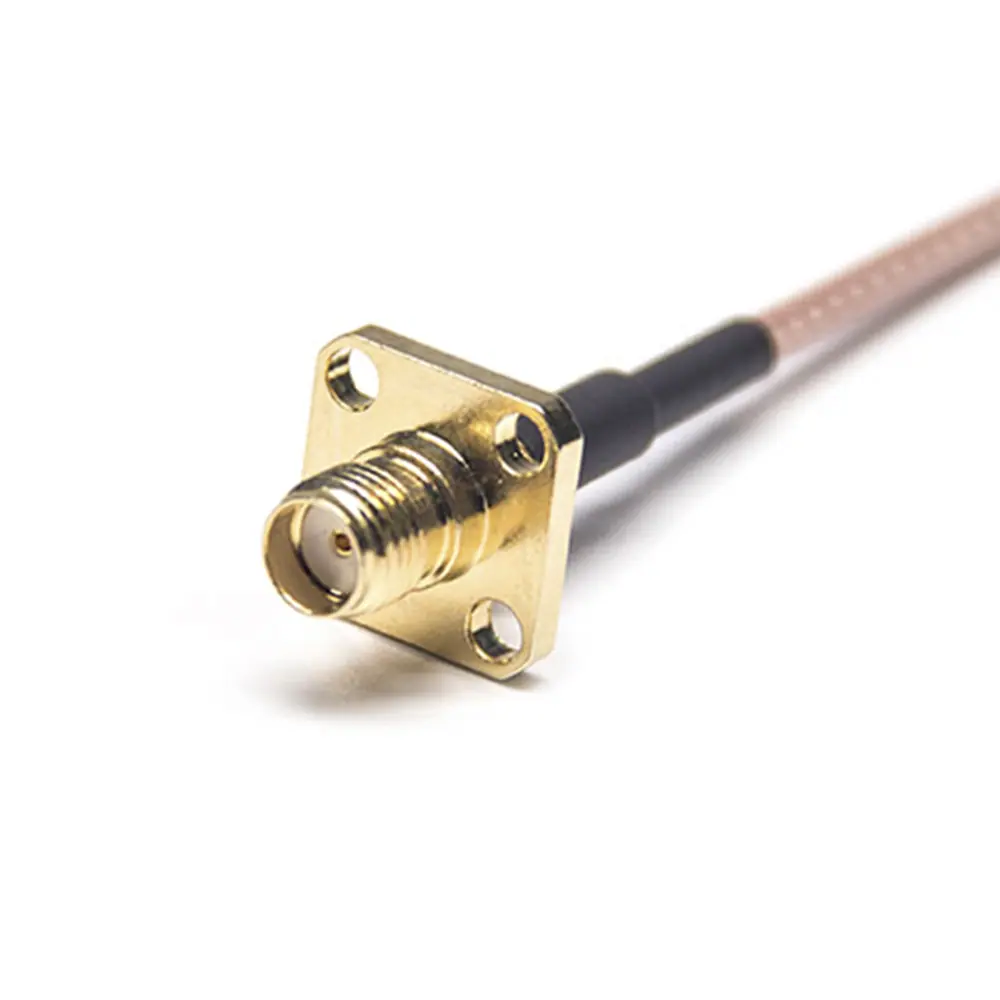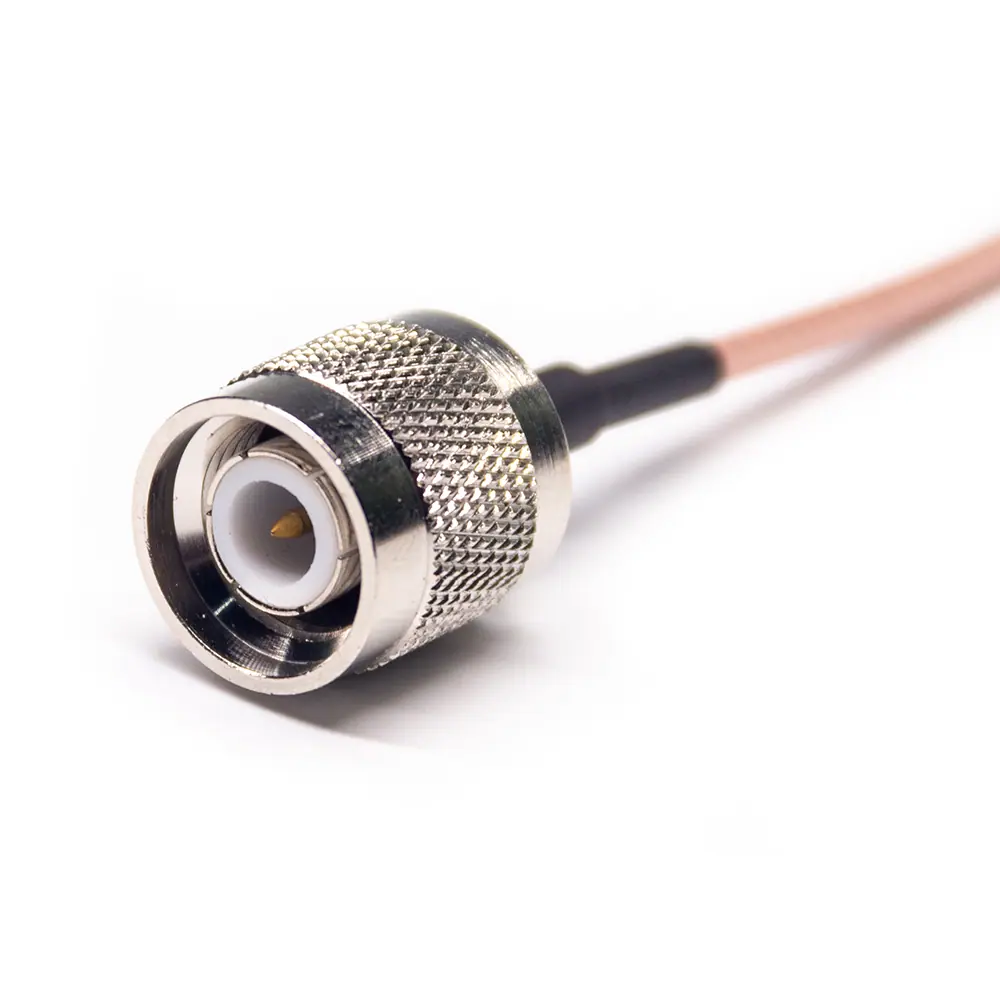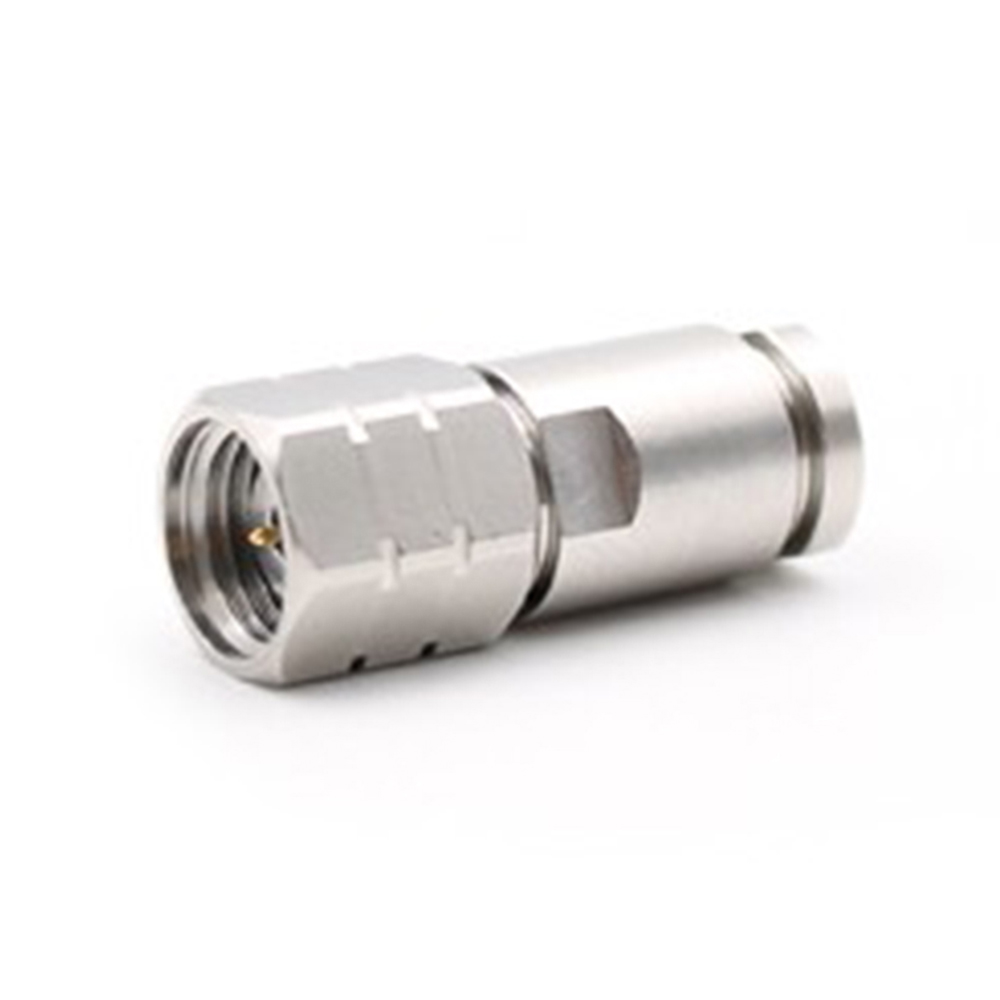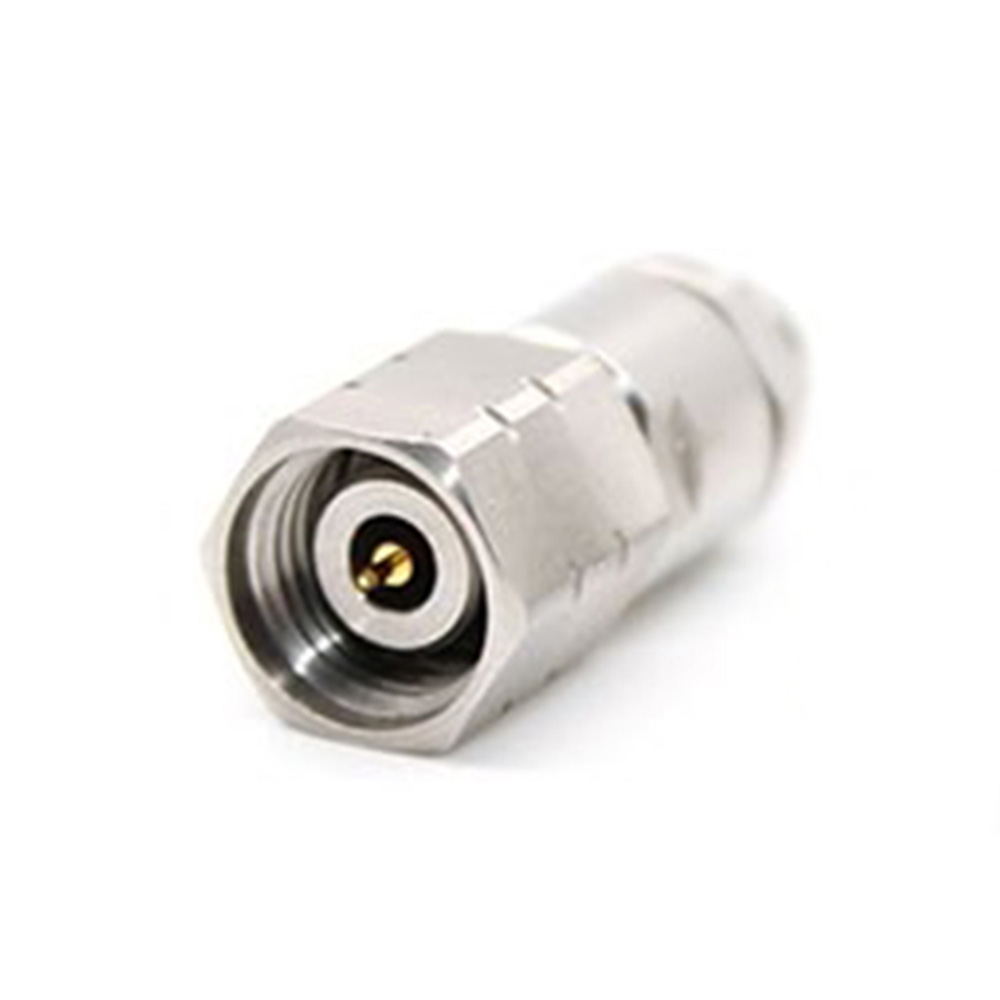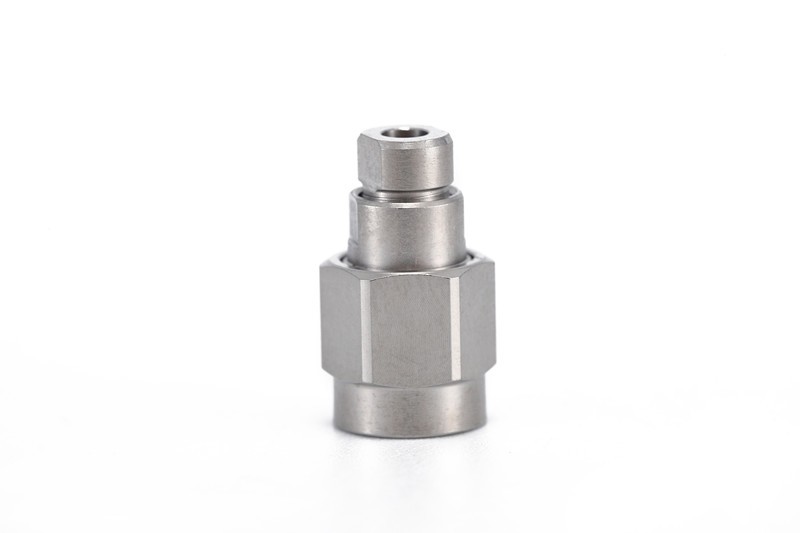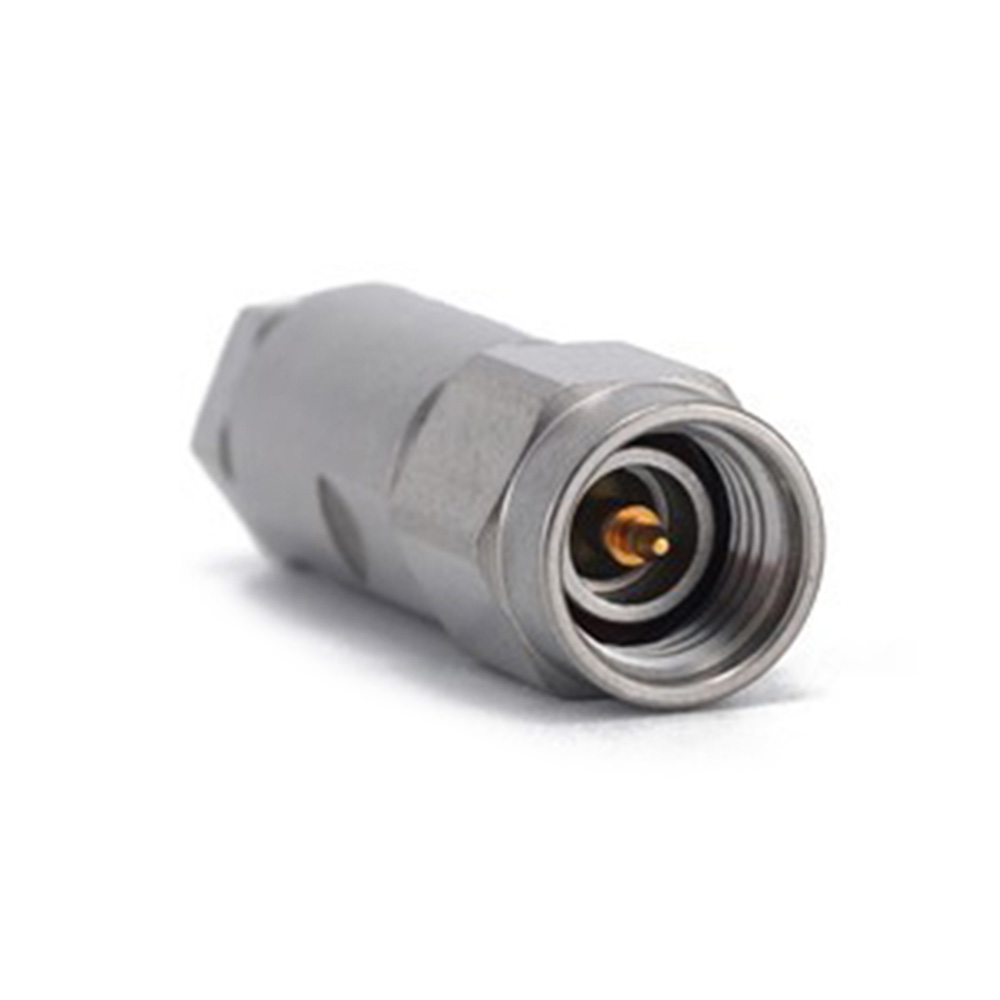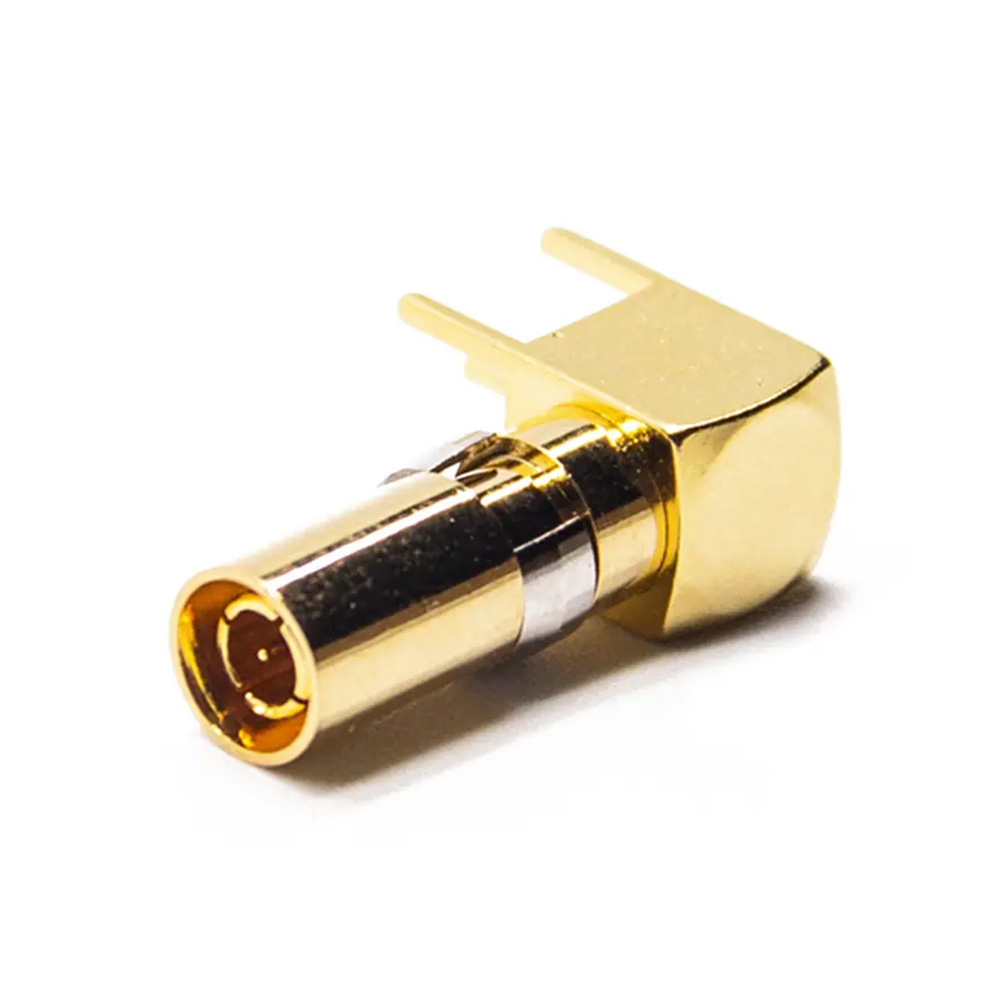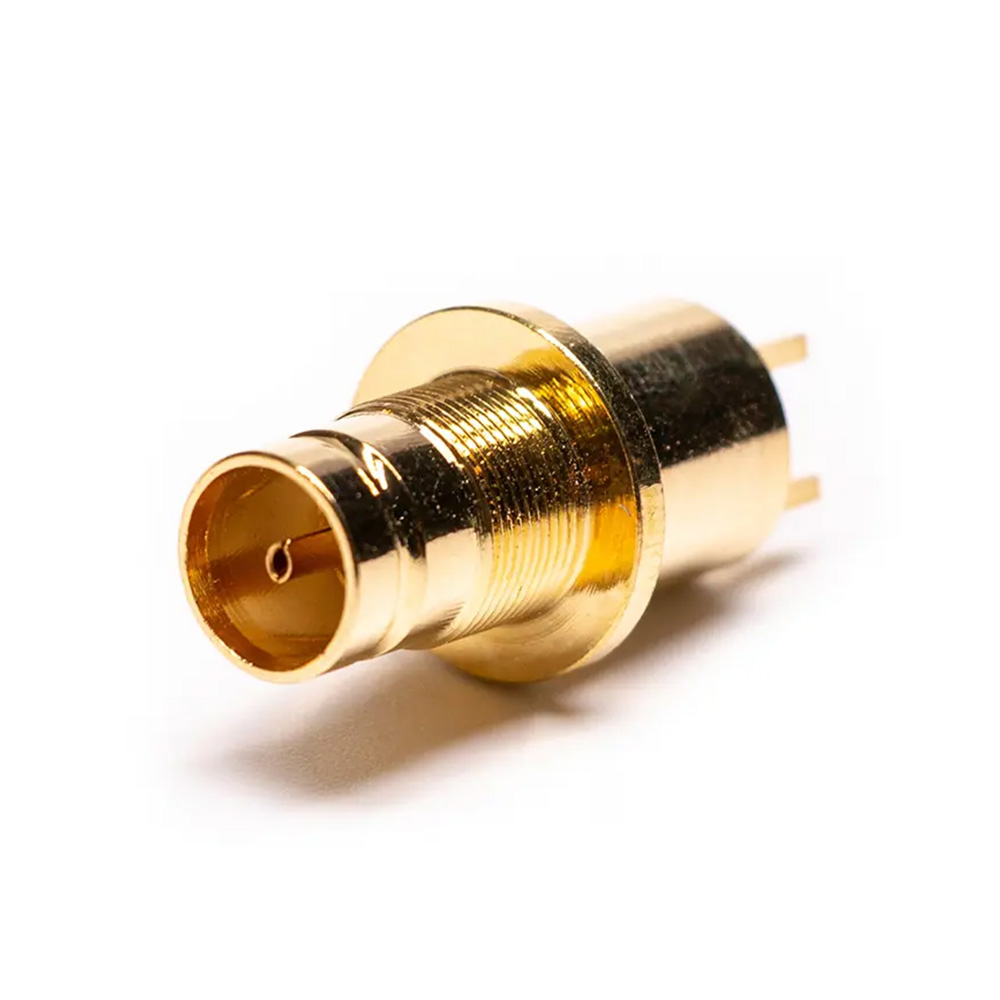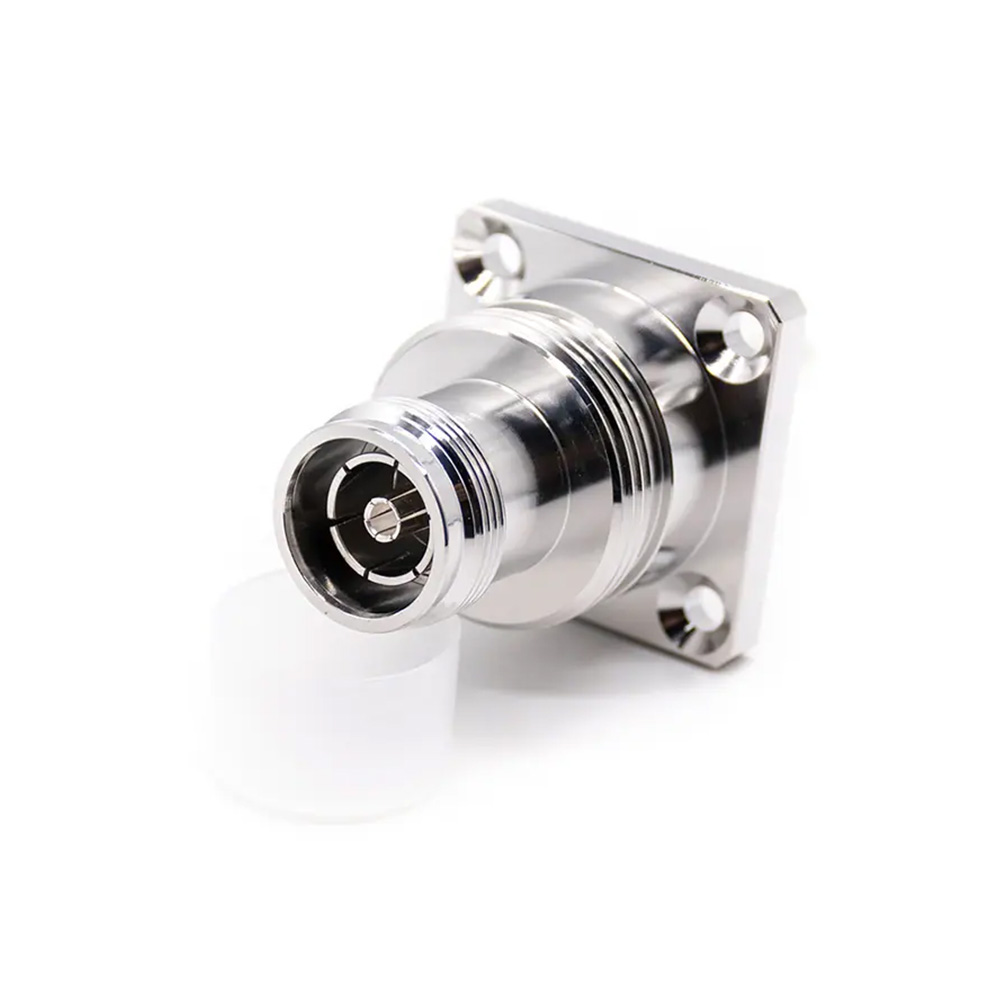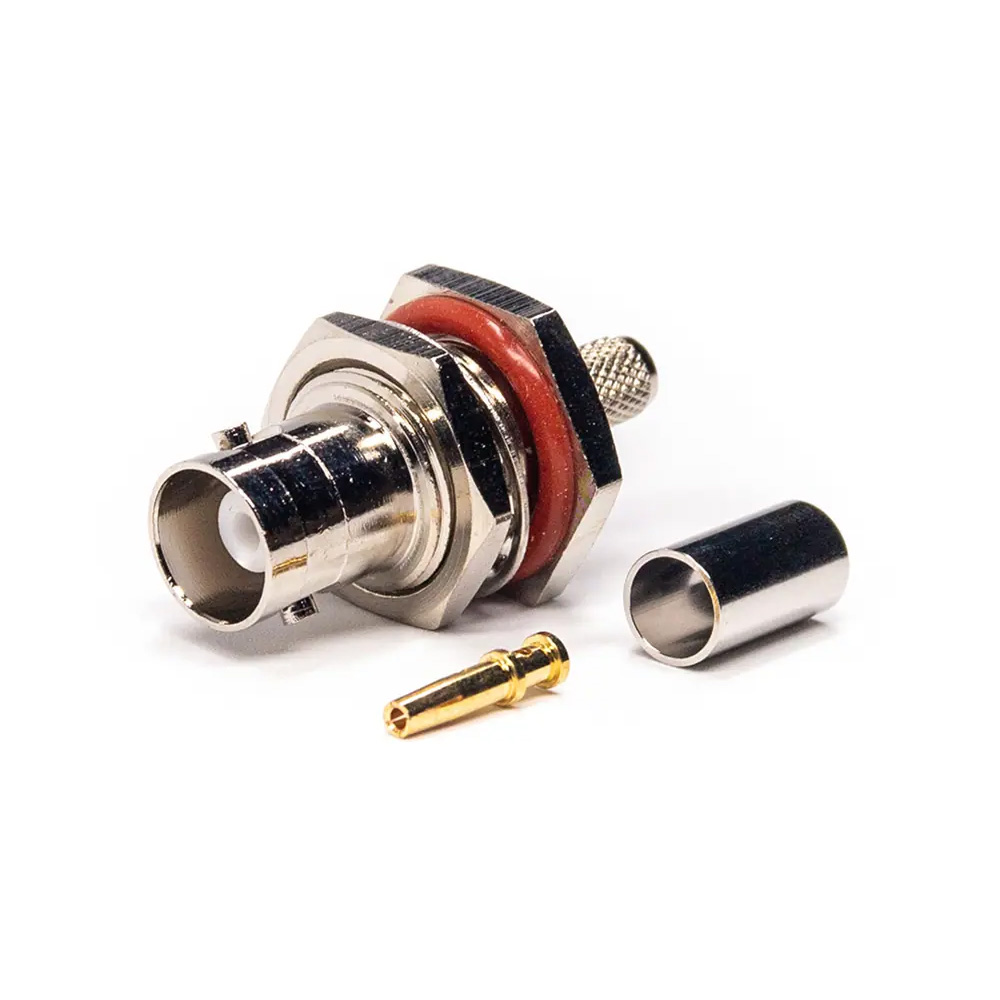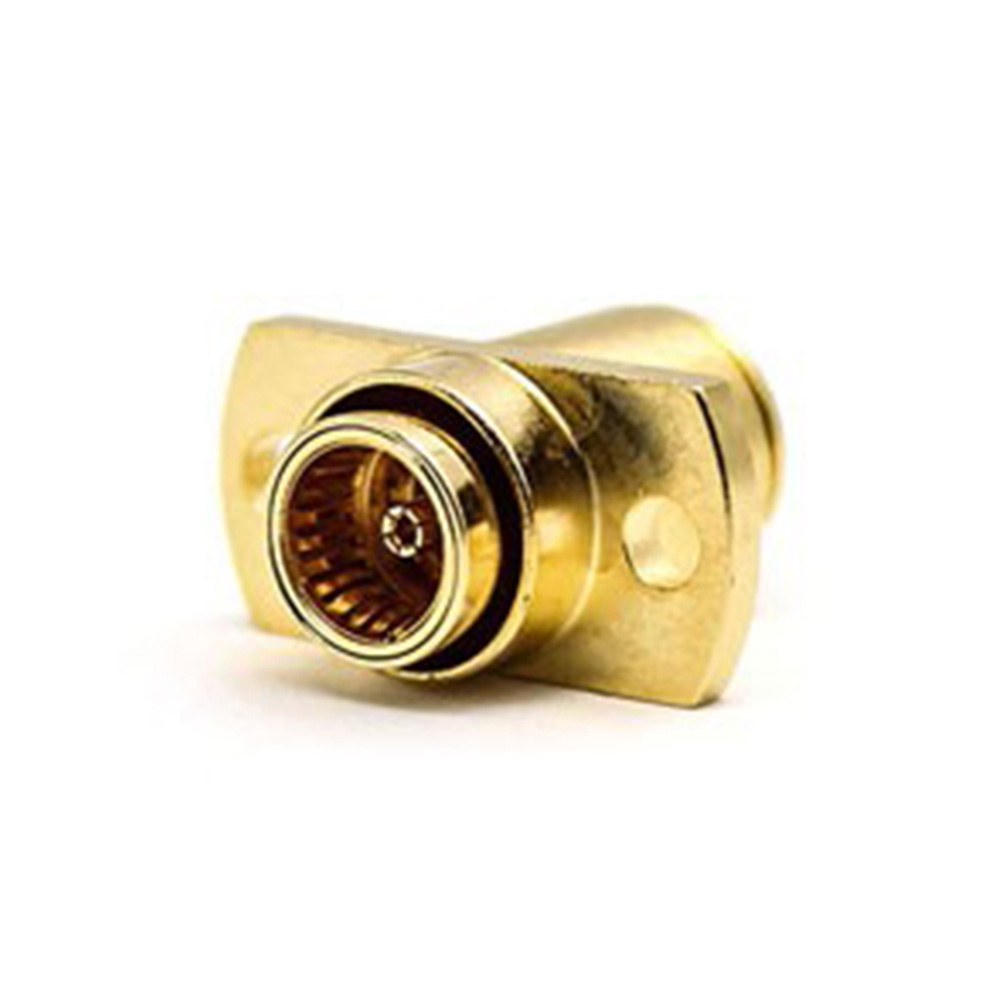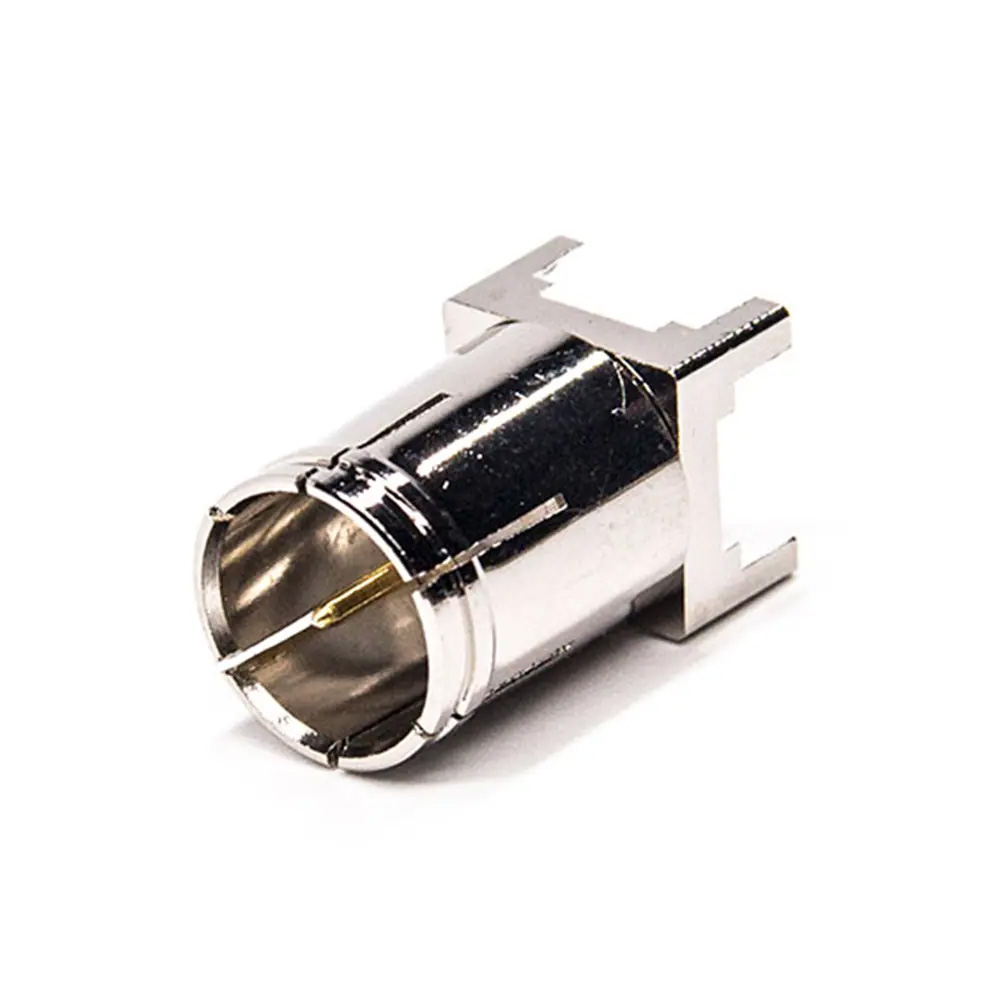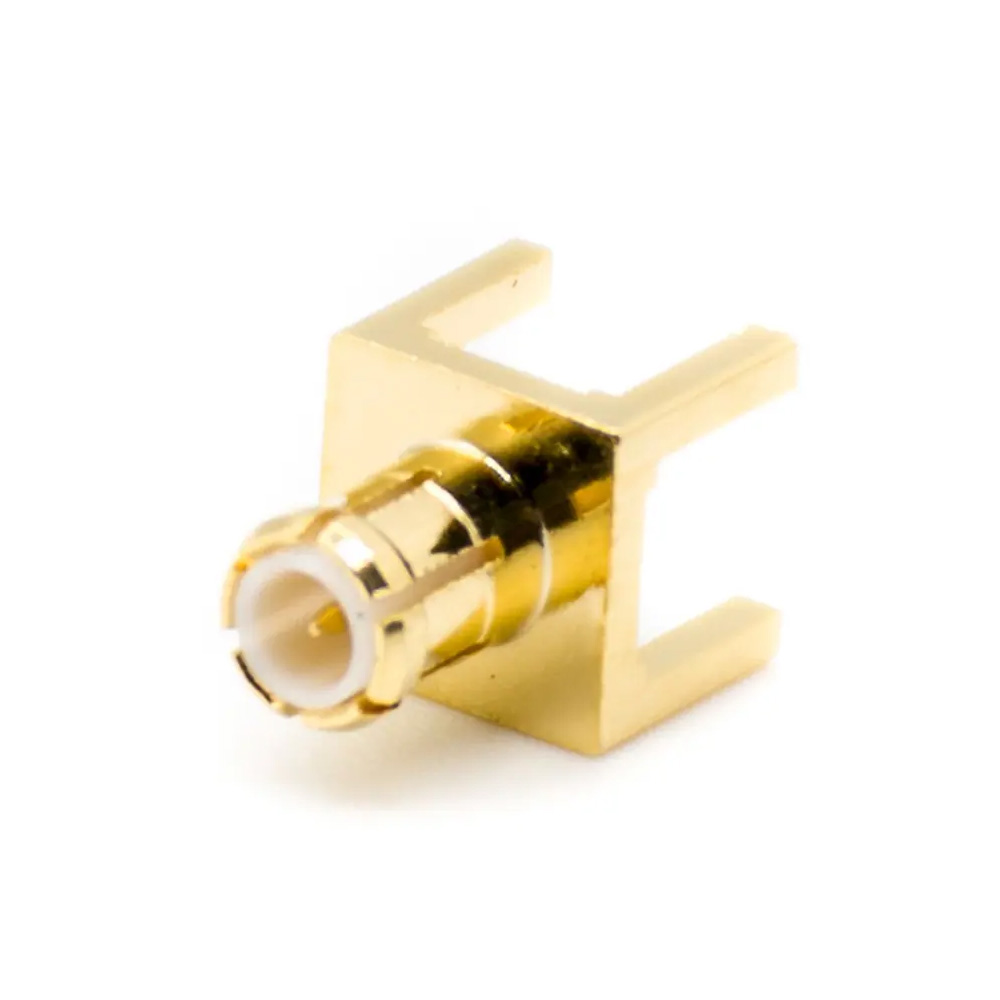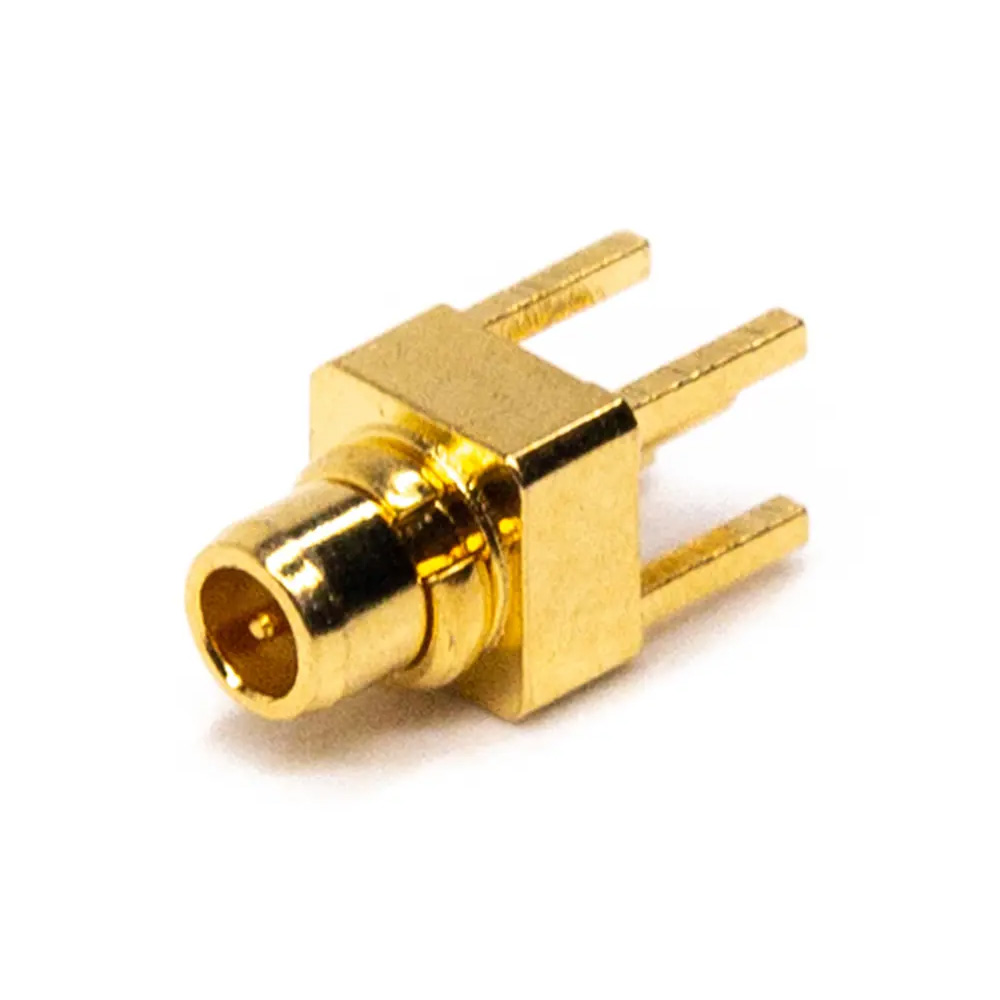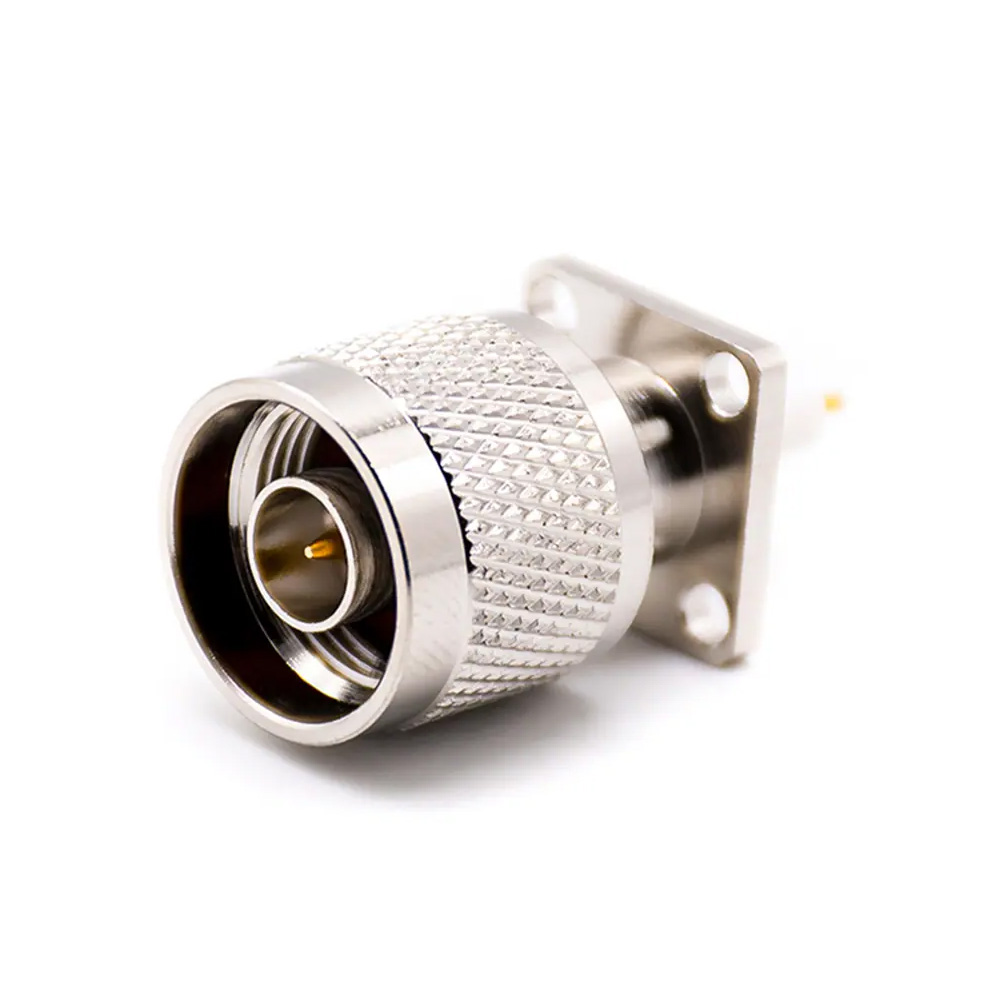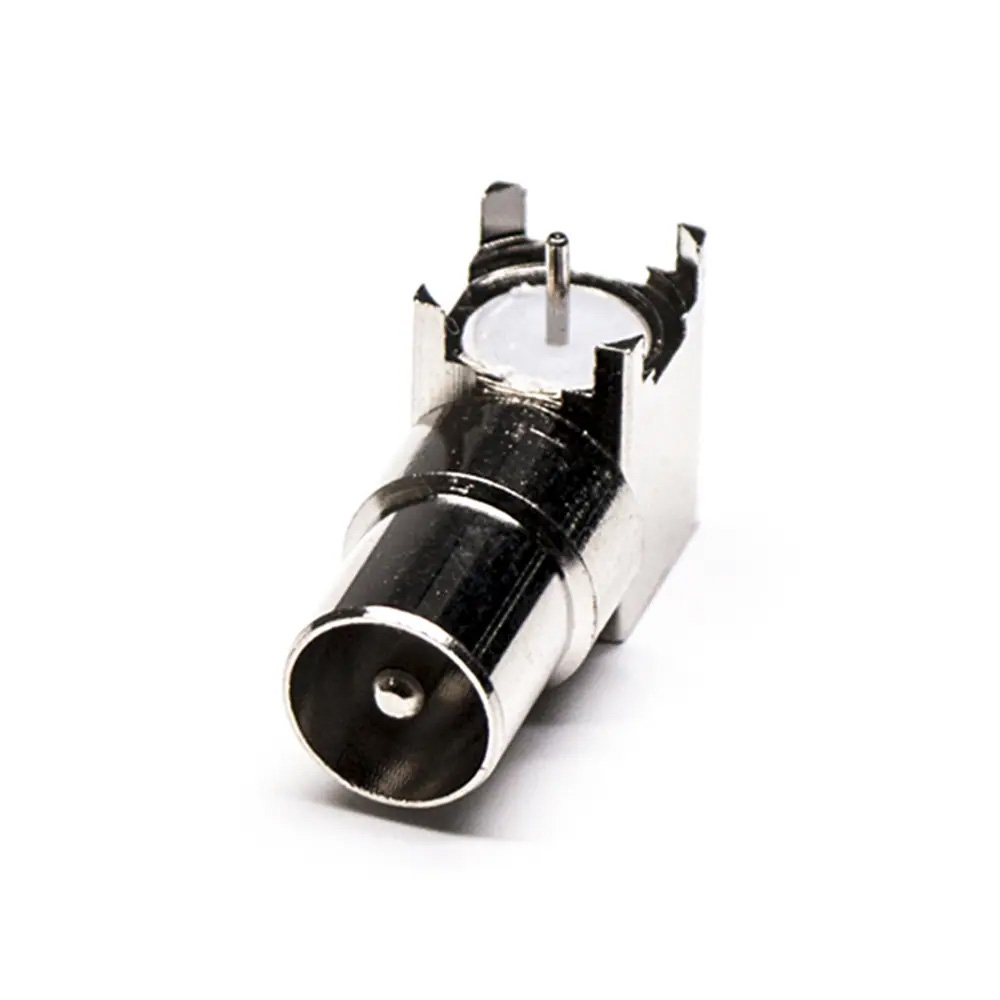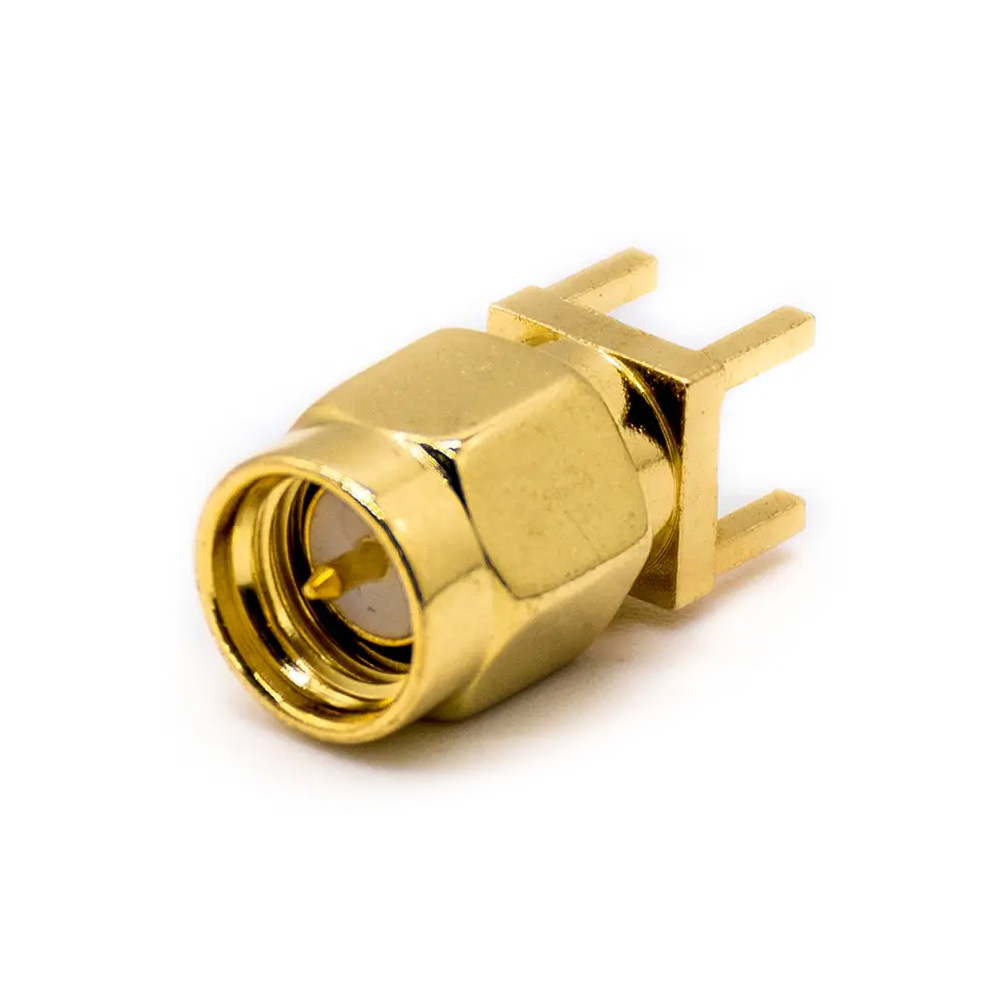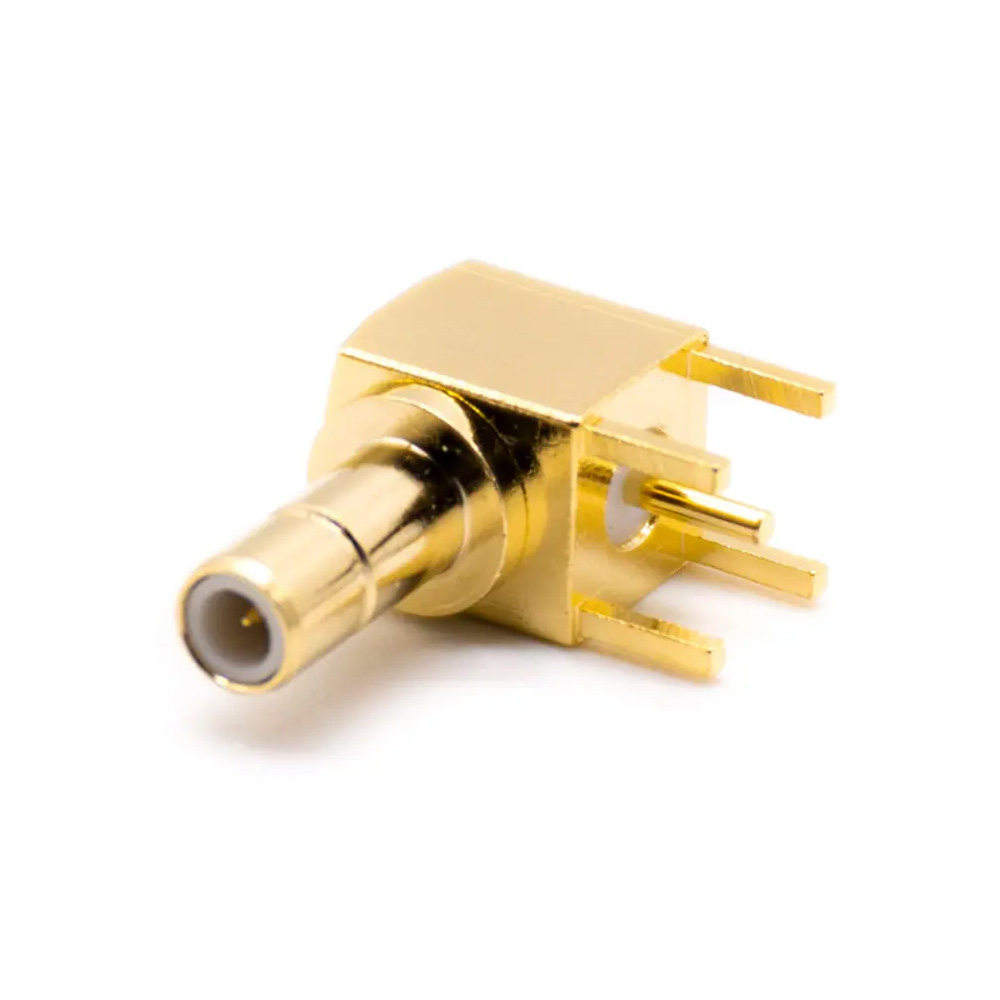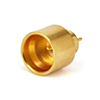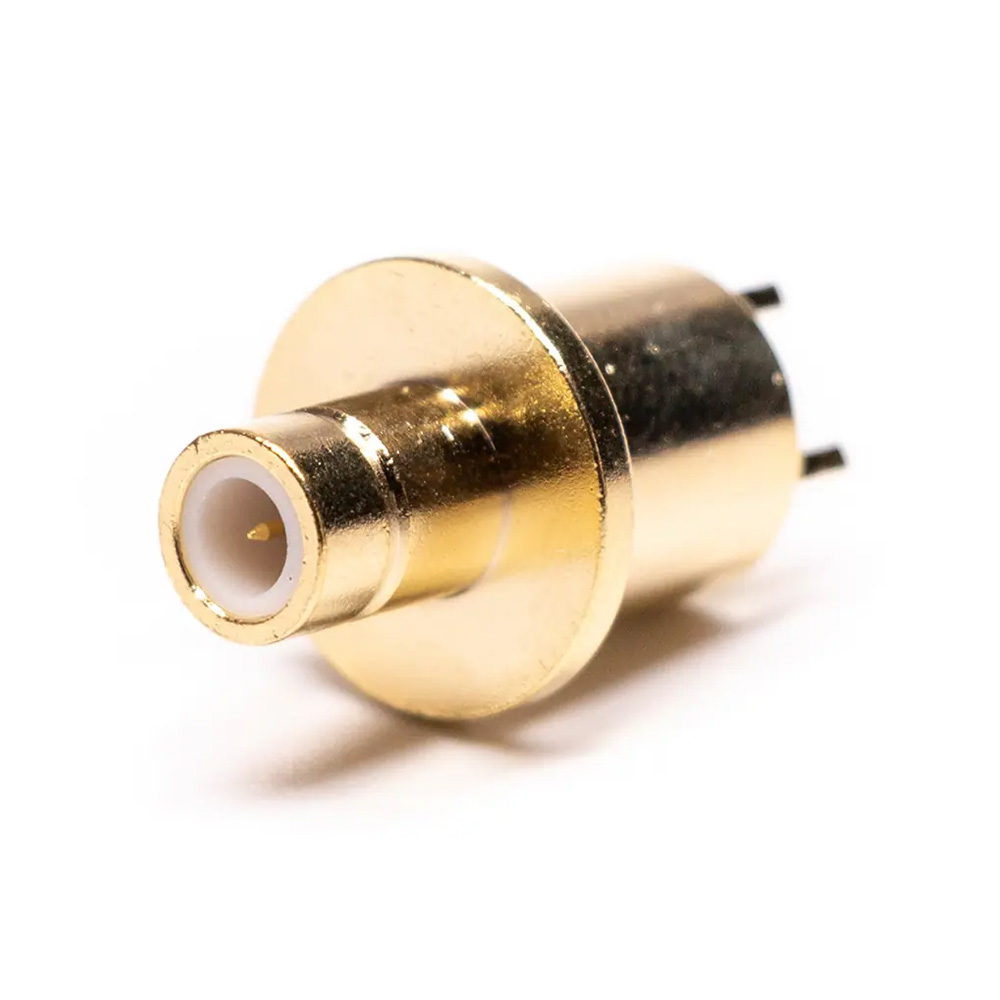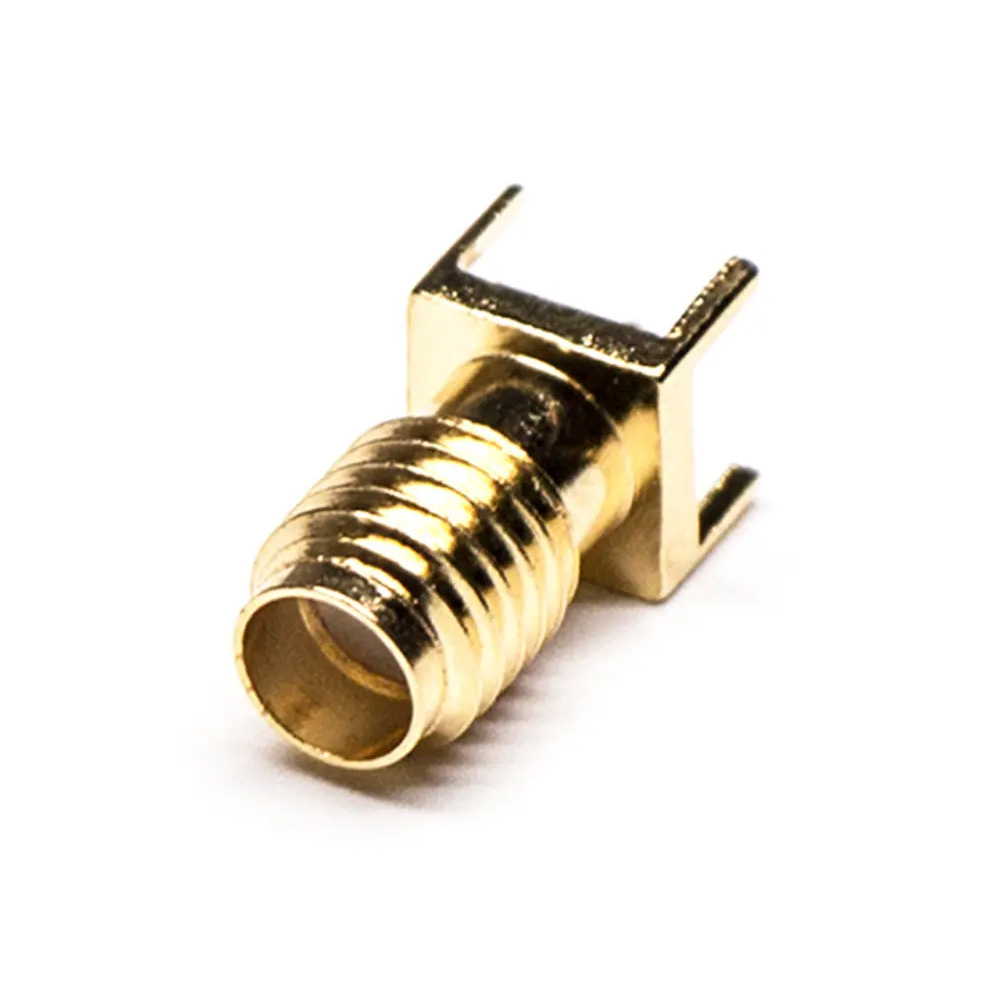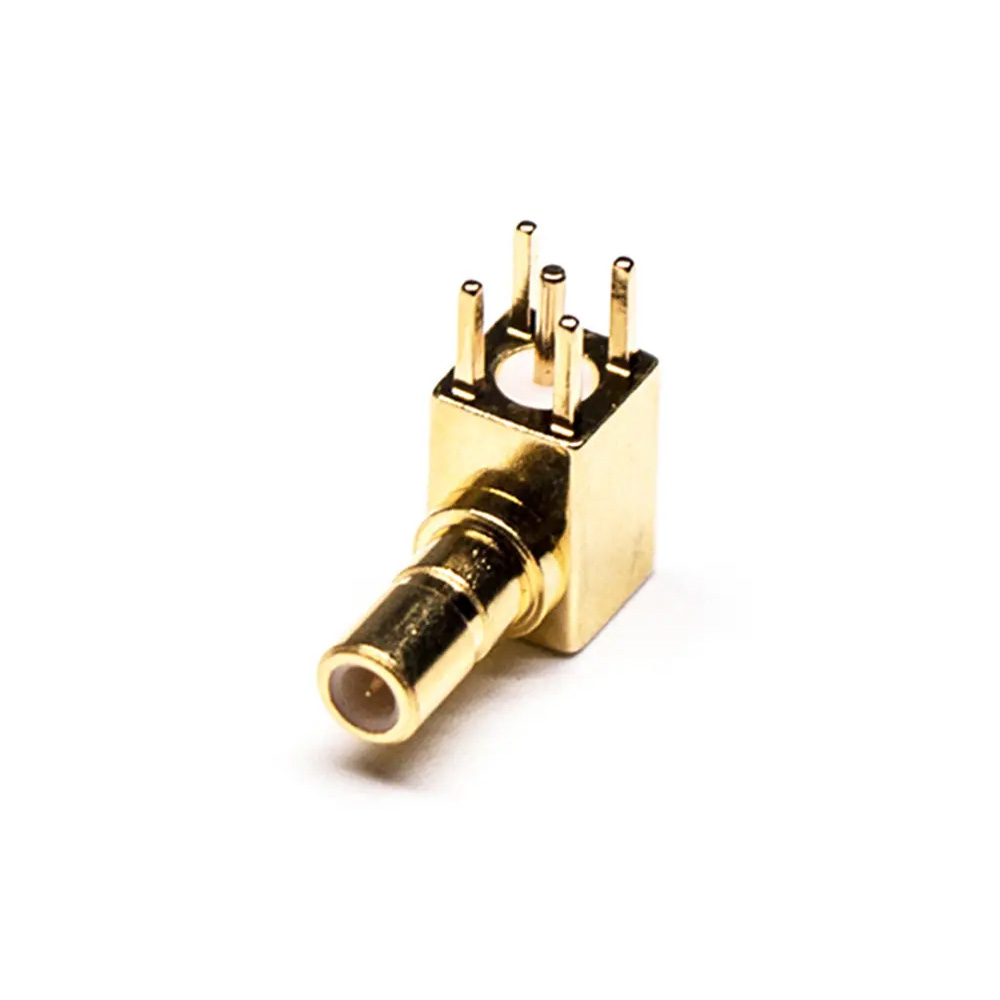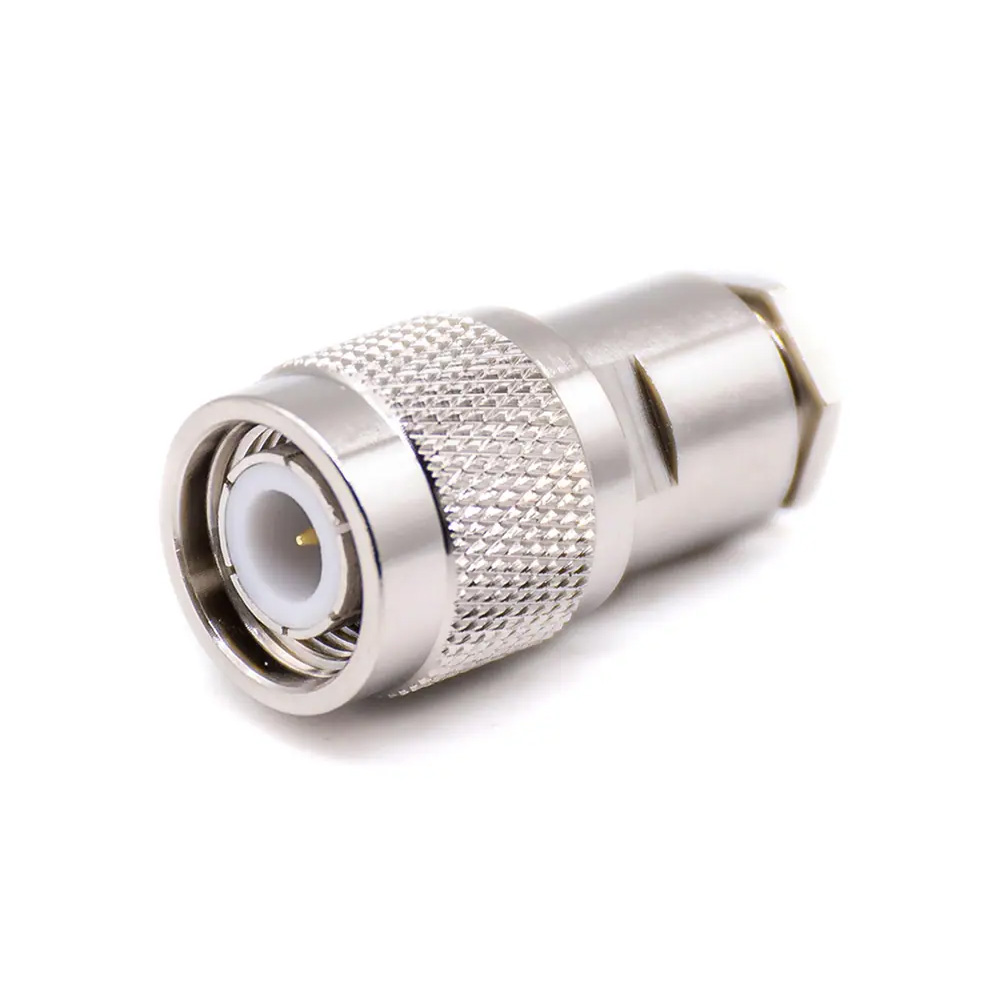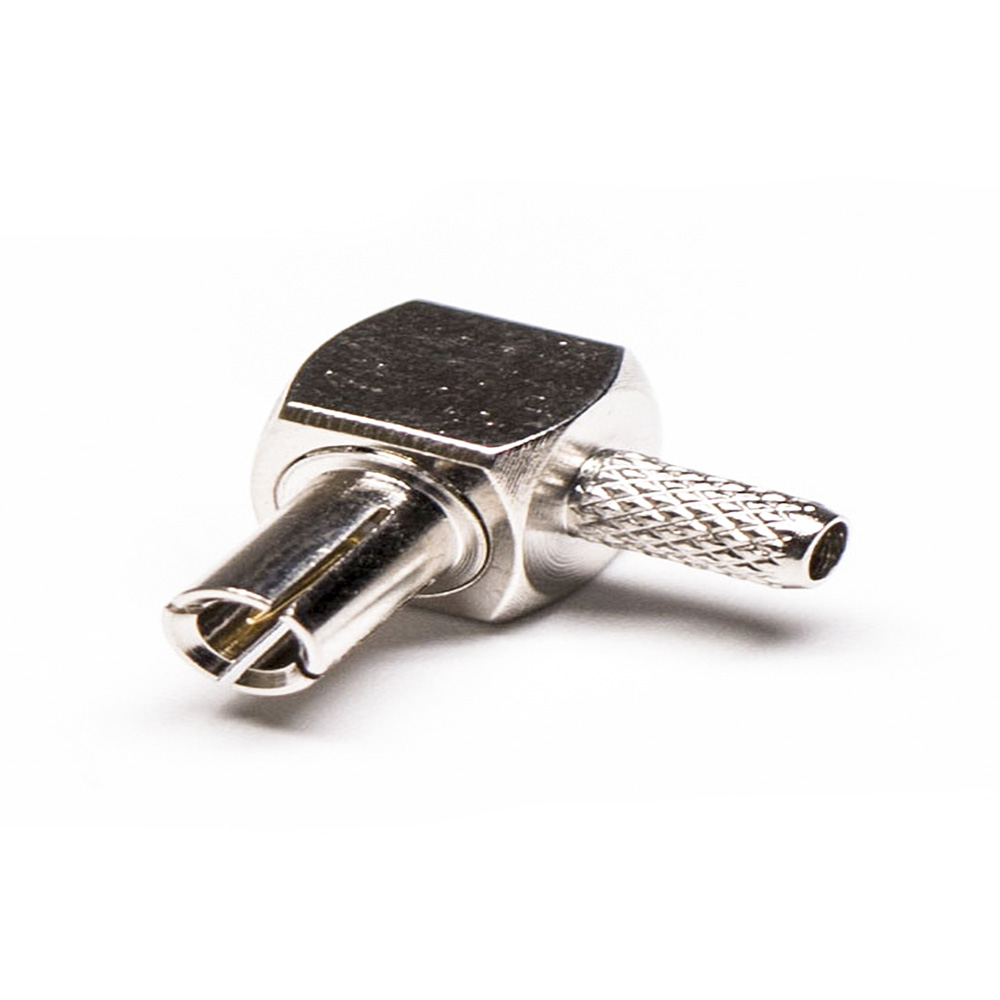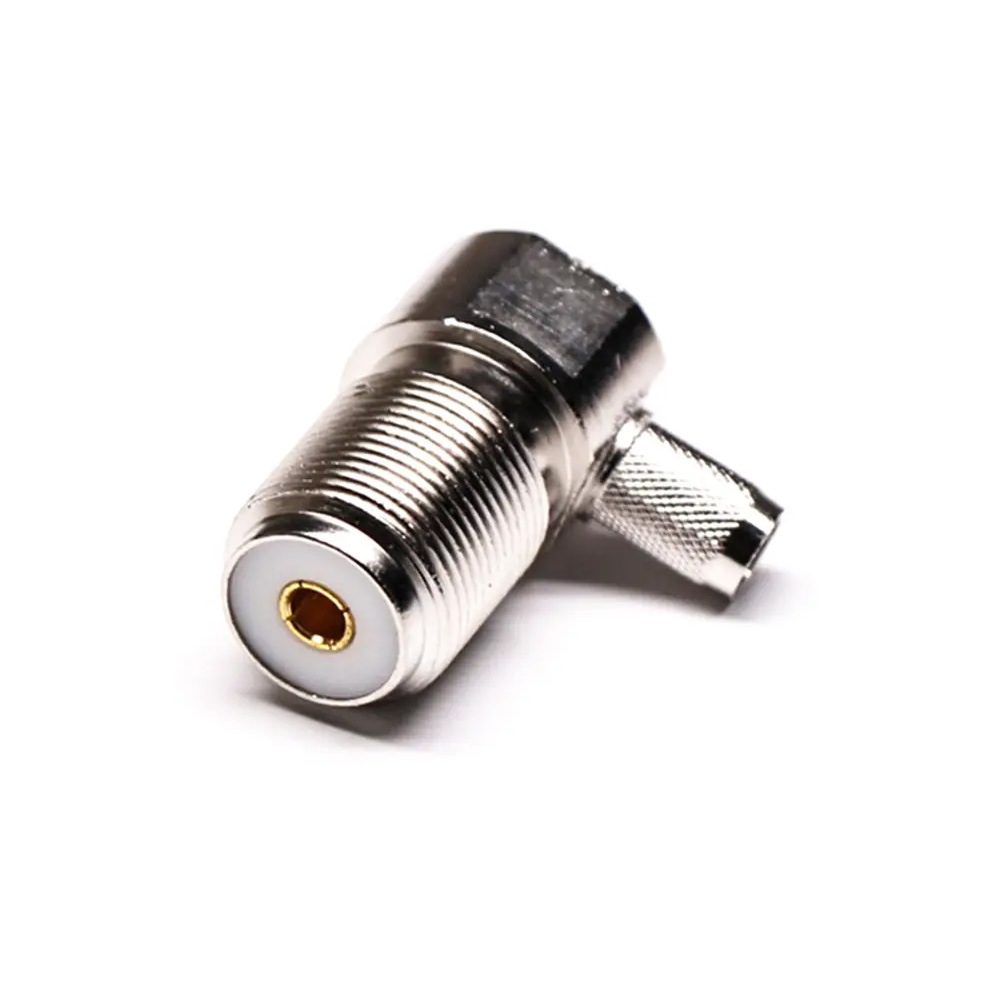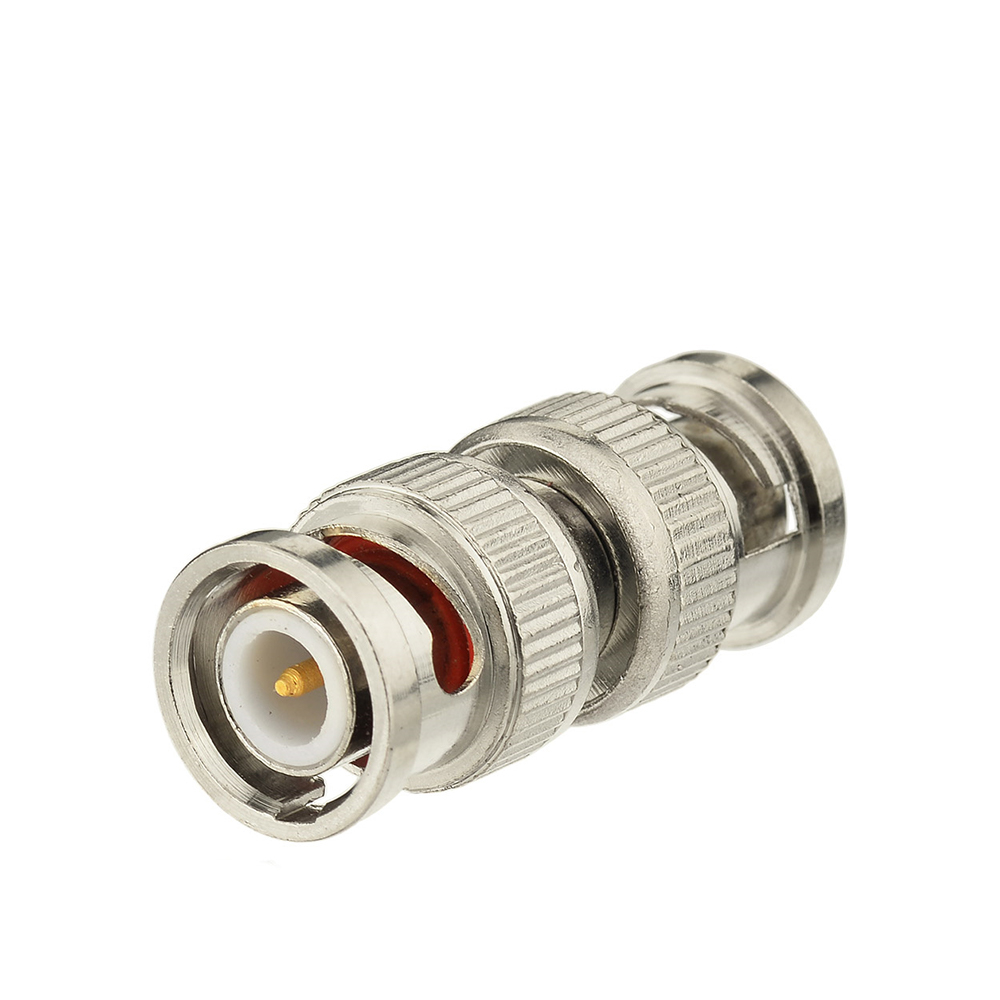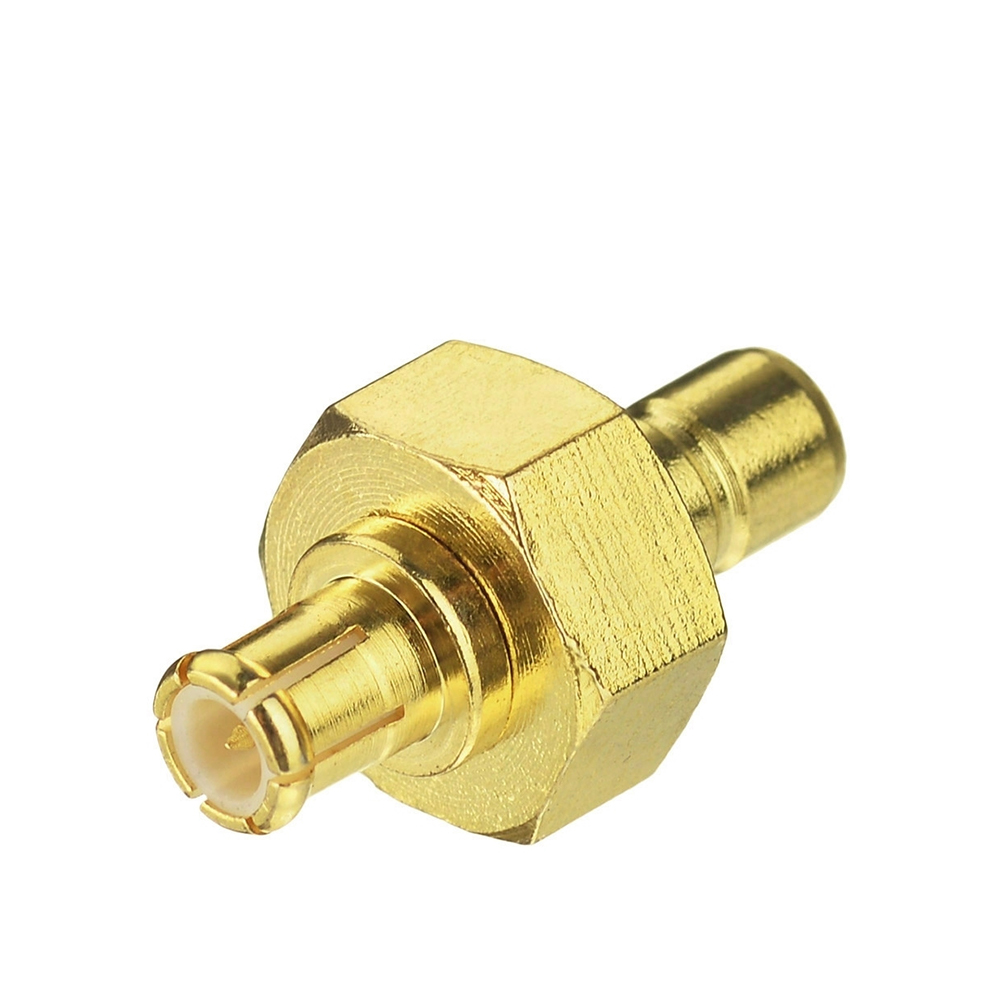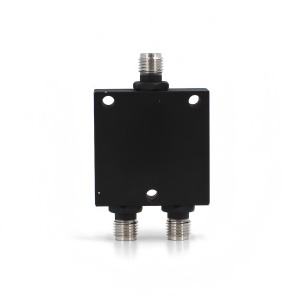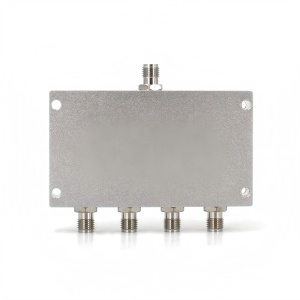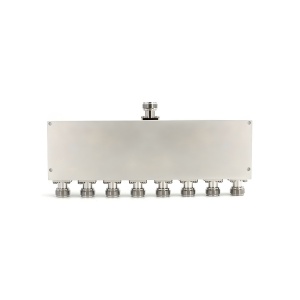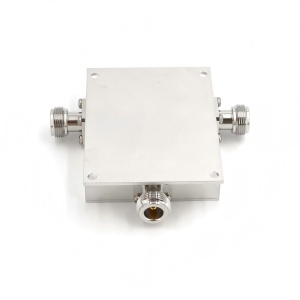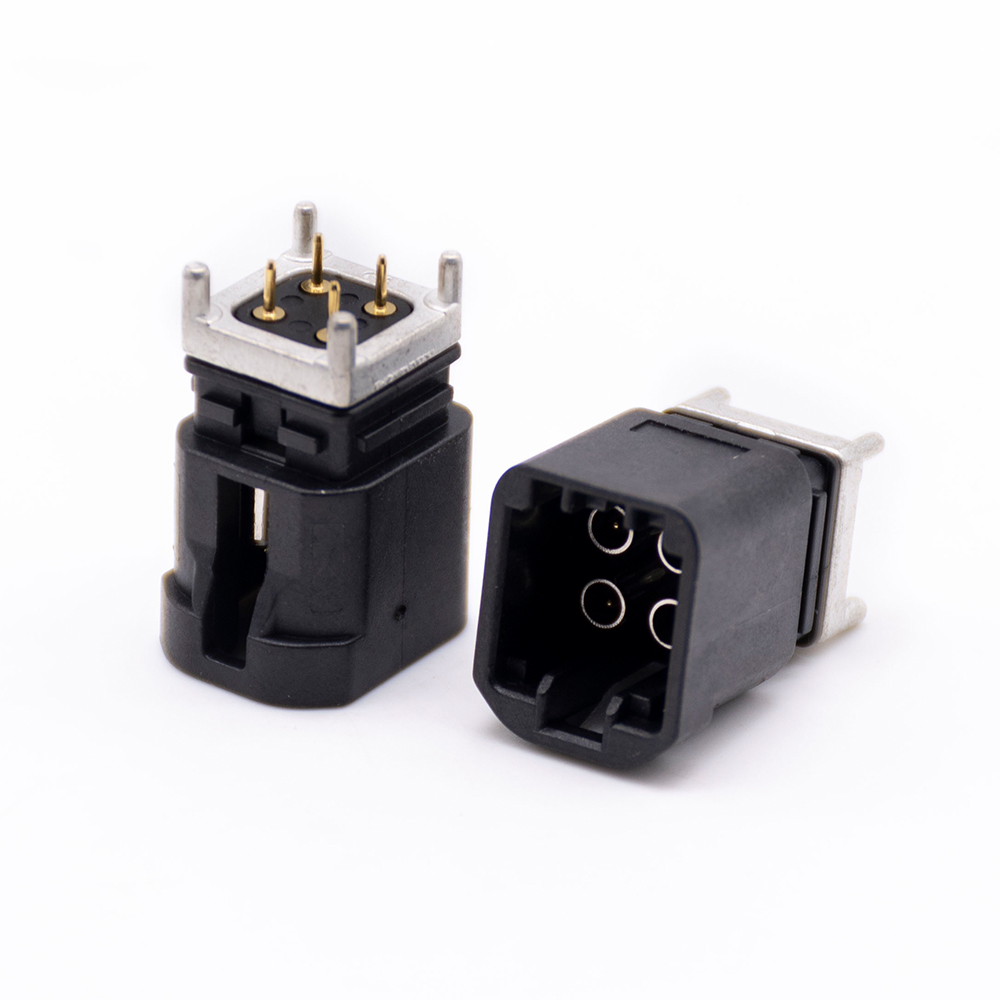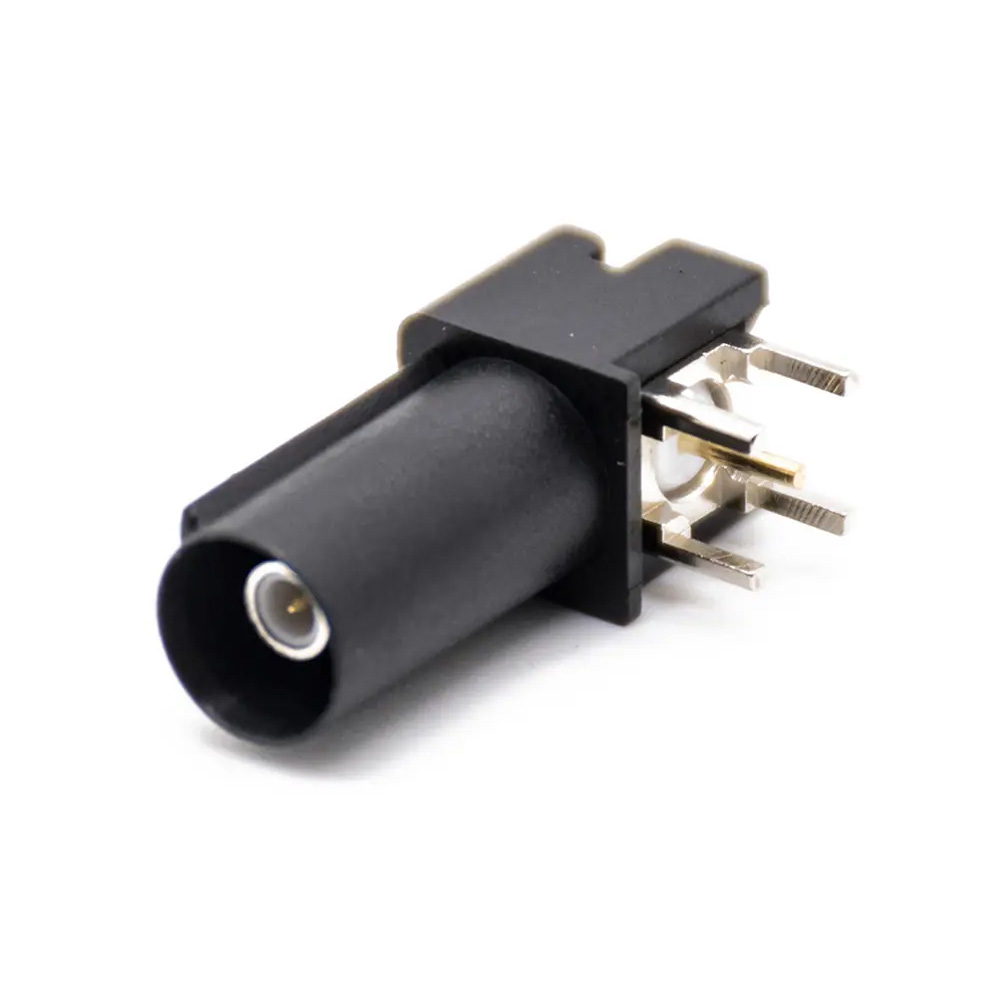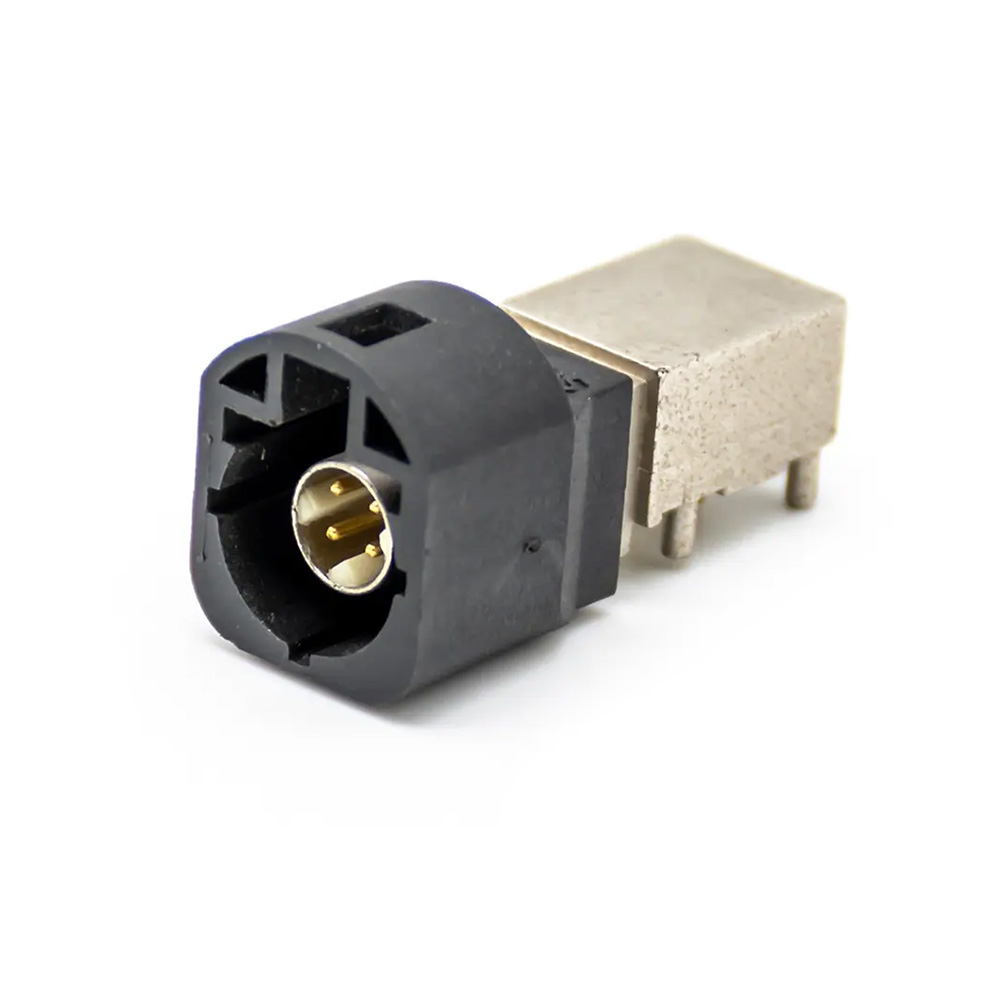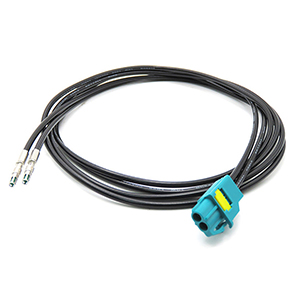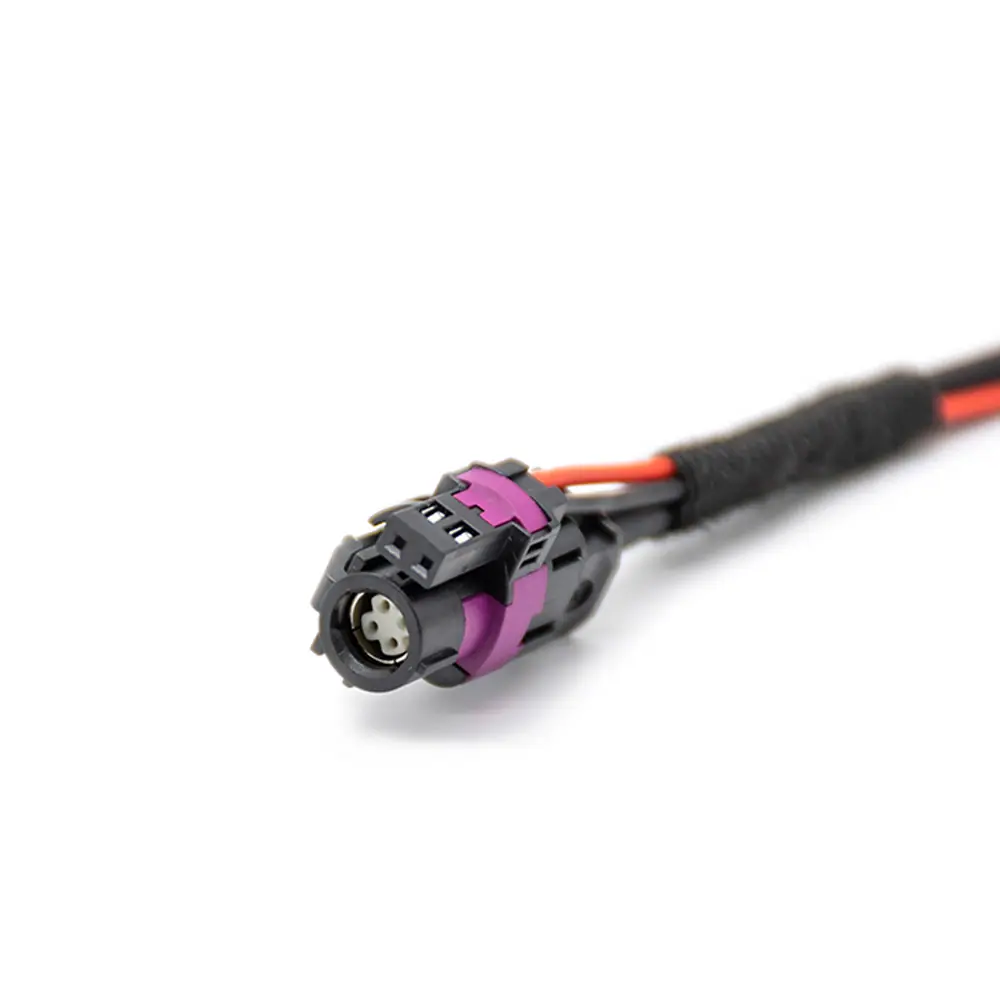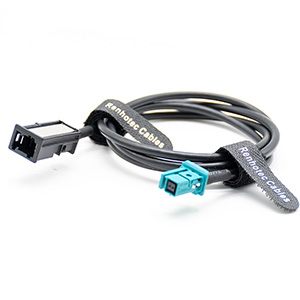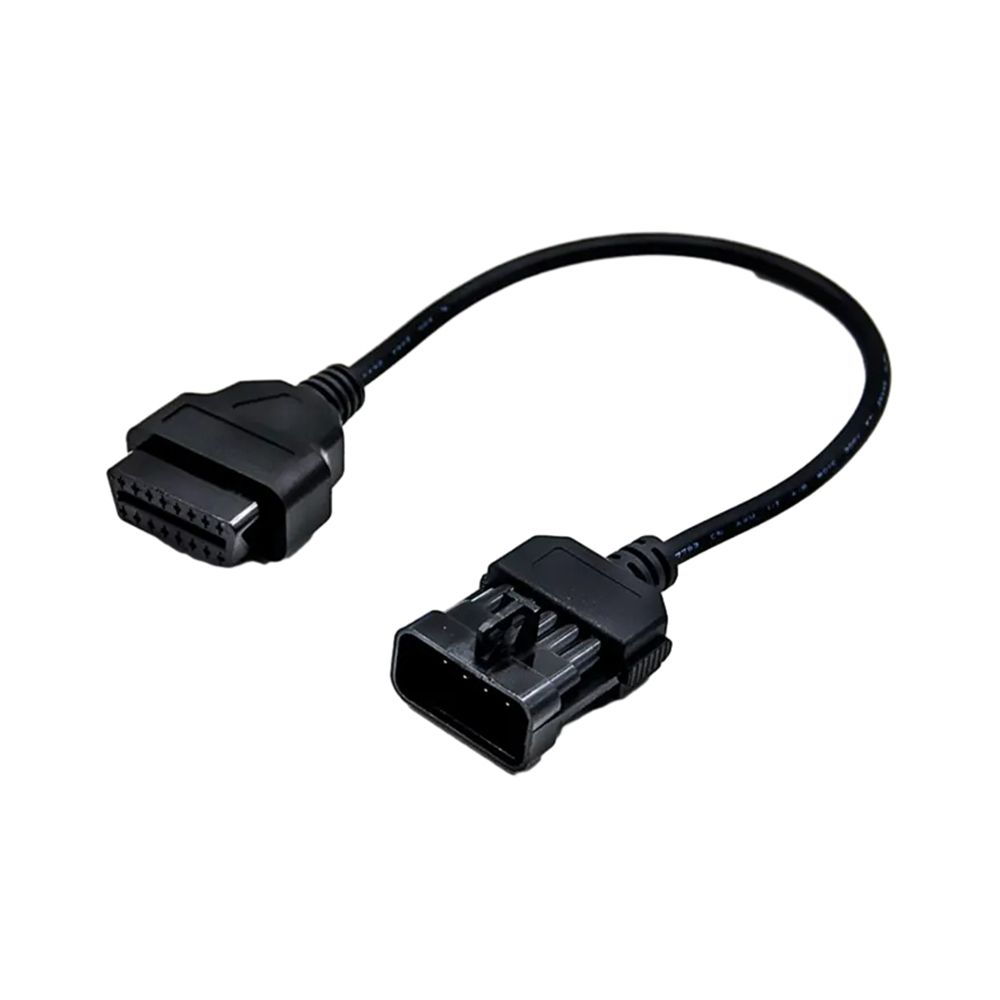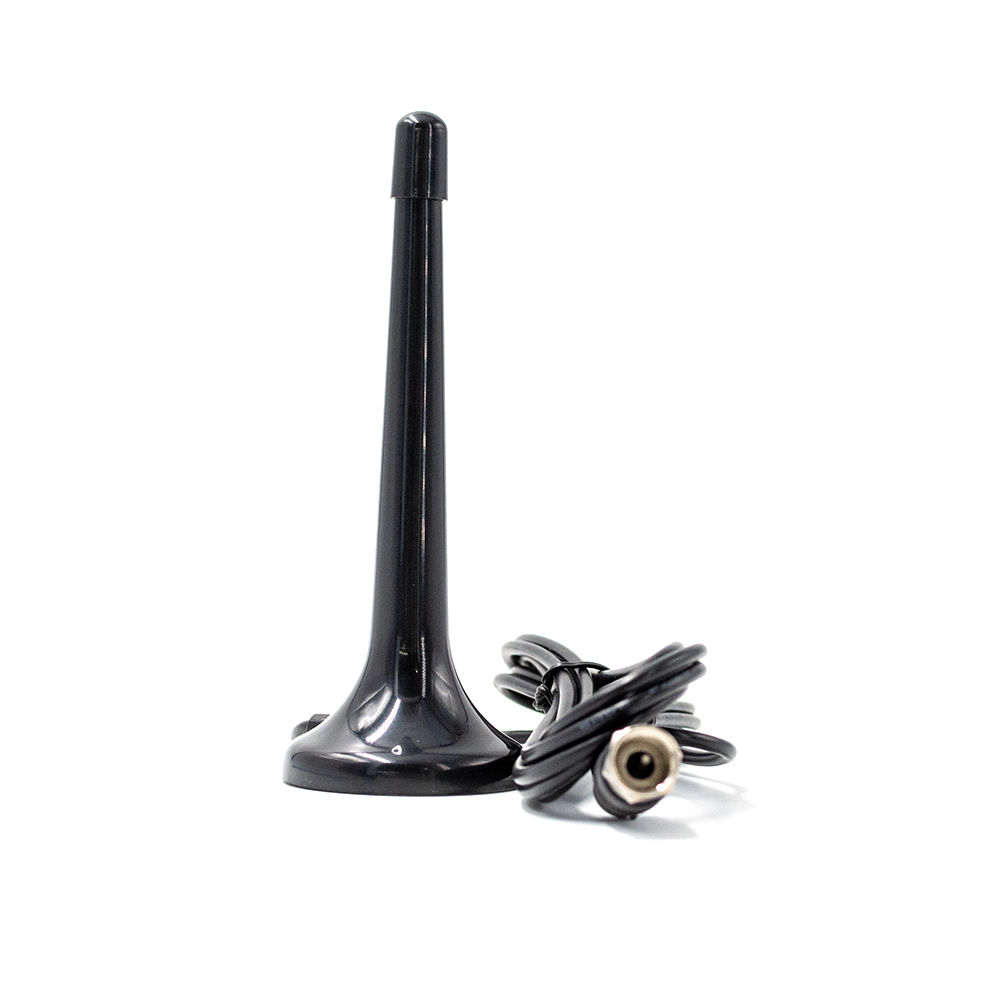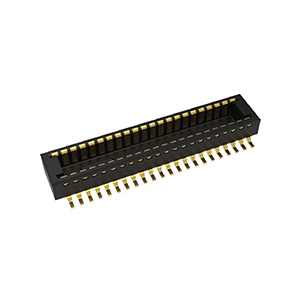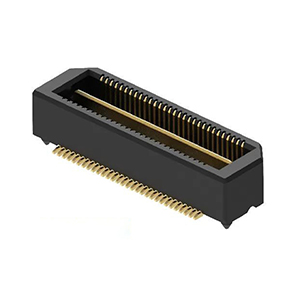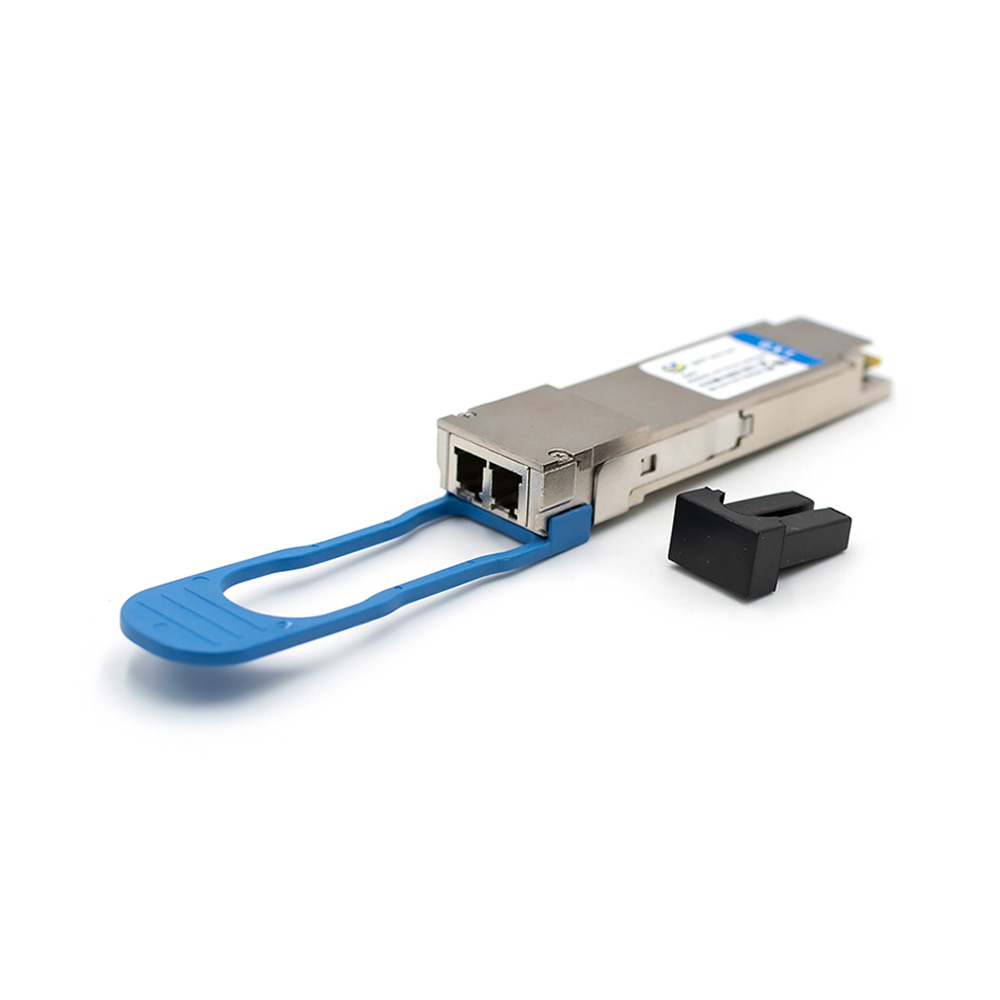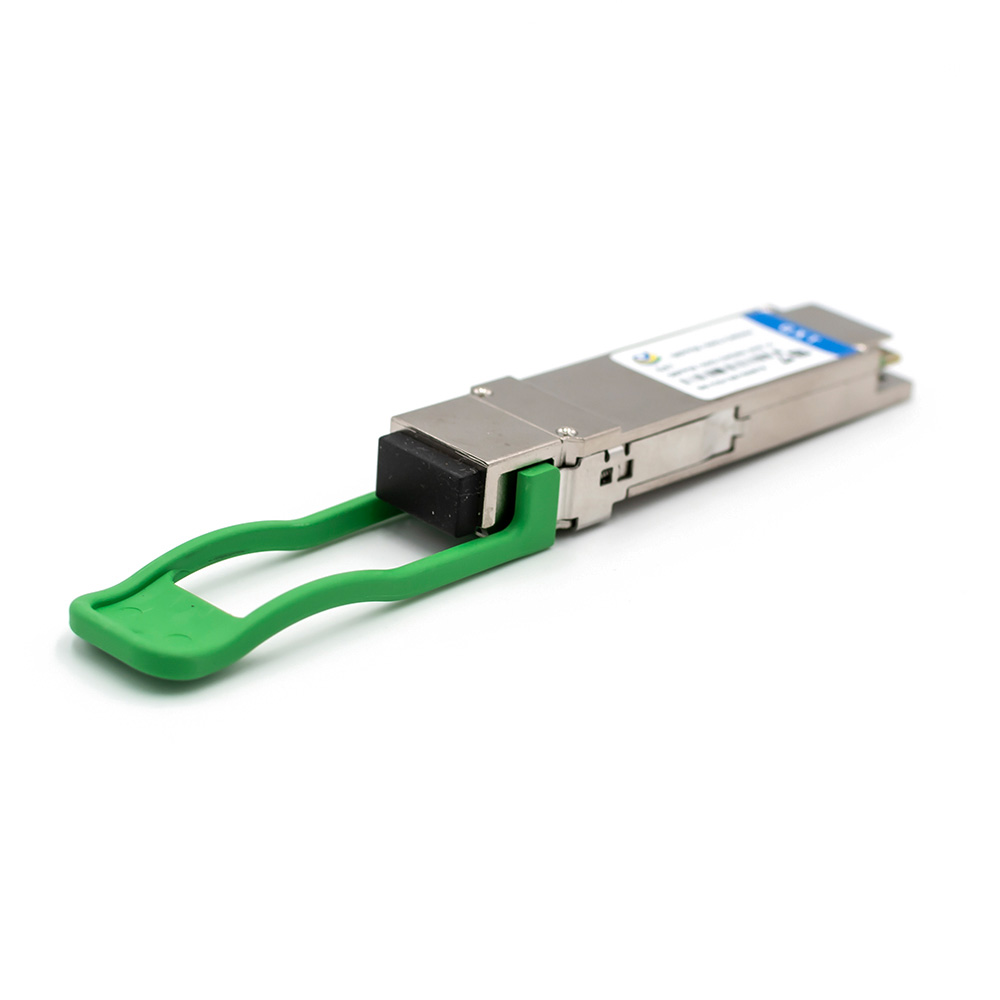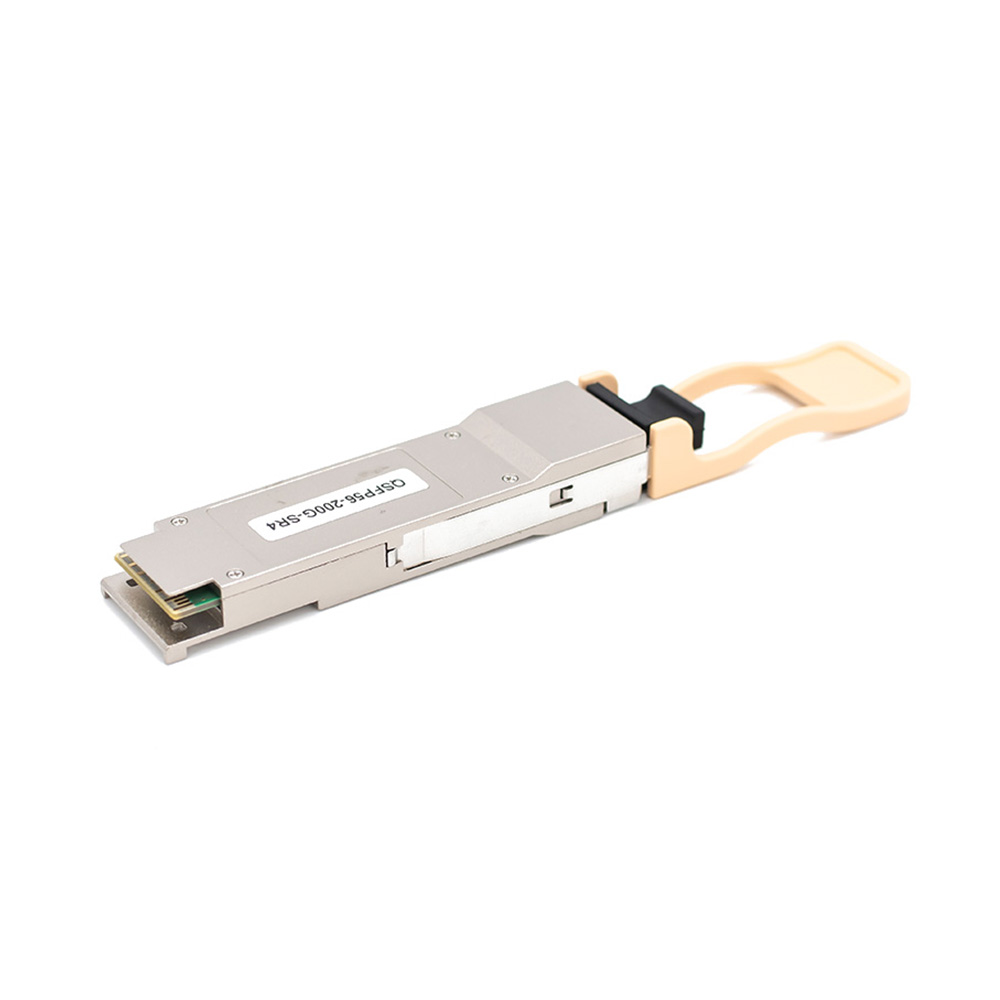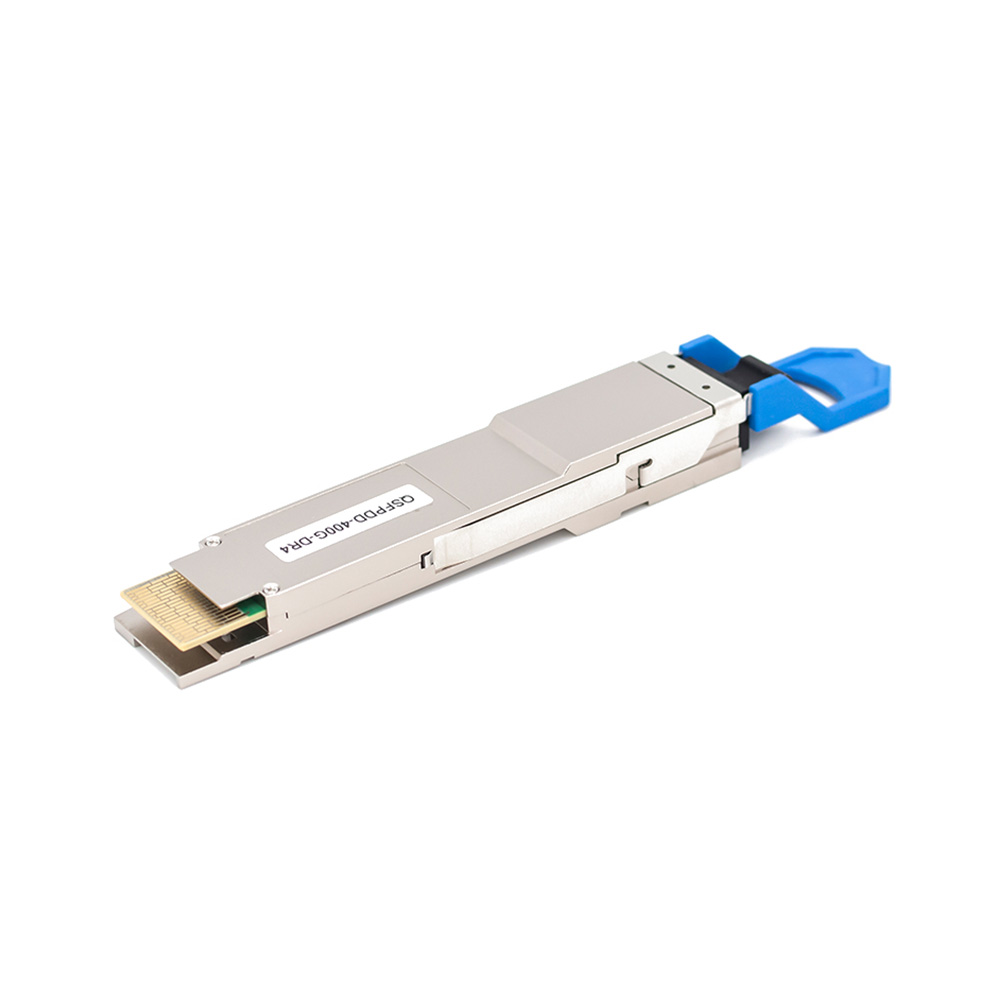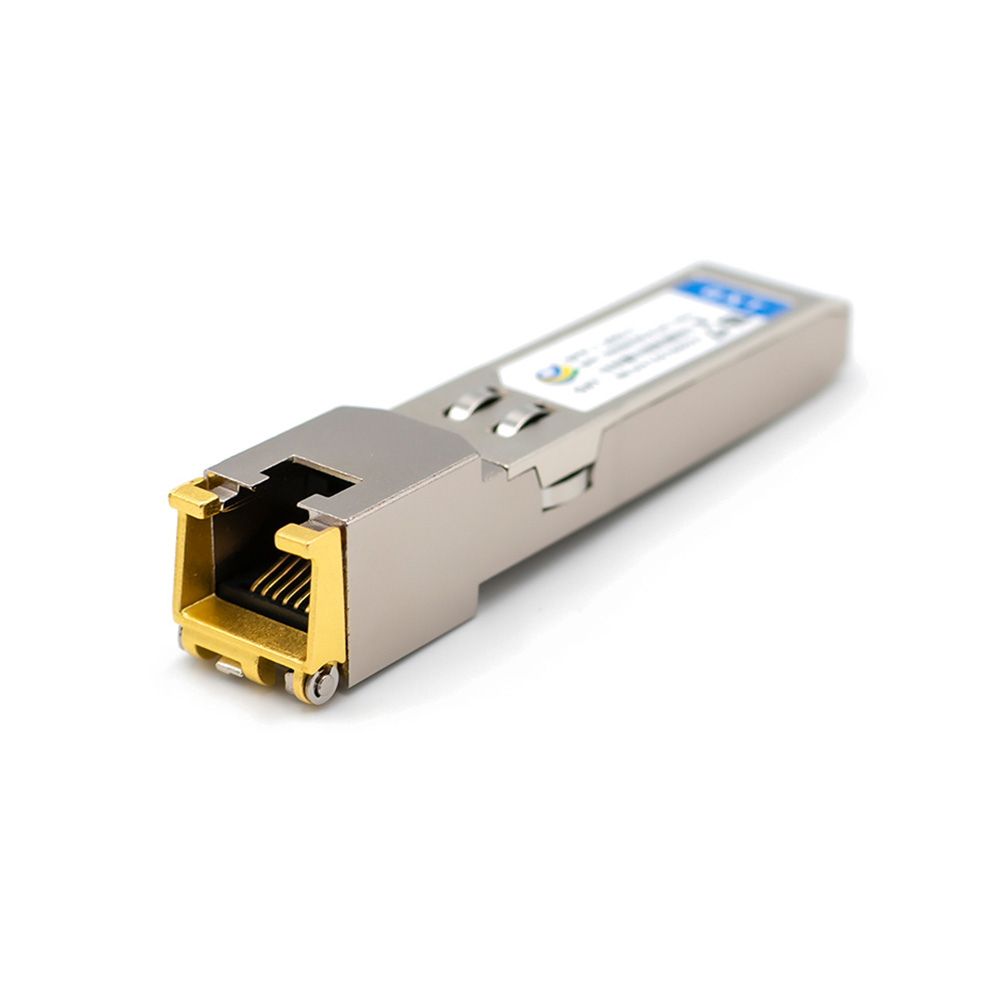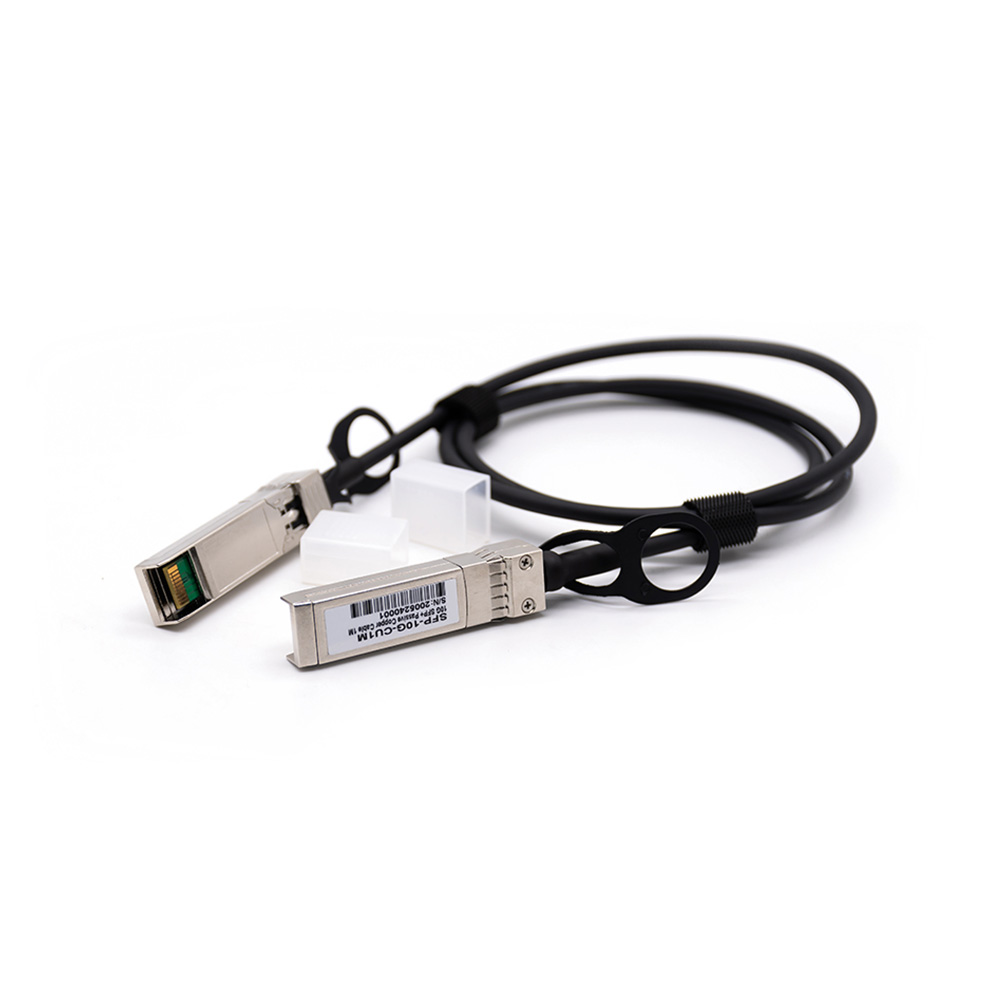The significance of selecting and optimizing raw materials for BNC connectors cannot be overstated. BNC connectors play a crucial role in multimedia data transmission, and the competition among manufacturers in this field is intense. With each major player in the BNC connector industry now focusing on material choices, Renhotec Technology Co., Ltd offers a comprehensive analysis of BNC connector materials to help you make informed decisions.
The foundation of a high-quality BNC connector lies in the careful selection of superior raw materials. The use of subpar materials inevitably leads to a significant deterioration in connector performance. In terms of metallic materials, exceptional conductivity is a requirement for top-tier BNC connectors. Copper is the reigning metal in terms of conductivity, but its relatively high cost often limits its usage in the industry.
However, it’s important to acknowledge that copper tends to oxidize, which hinders efficient contact. To address this concern, a layer of oxidized metals like zinc, silver, or tin is applied to copper. The most advanced BNC connectors available today utilize pure copper coated with zinc or silver, along with high-quality PVC plastic components. This combination ensures optimal conduction performance for the BNC connector.
In addition to conductivity, the selection and optimization of raw materials for BNC connectors also consider factors such as durability, corrosion resistance, and signal integrity. The materials used for the connector body, center pin, and insulator all contribute to the overall performance and reliability of the connector.
Brass or stainless steel are commonly used for the connector body due to their strength and resistance to corrosion. These materials ensure that the connector can withstand daily use and maintain a secure connection over time.
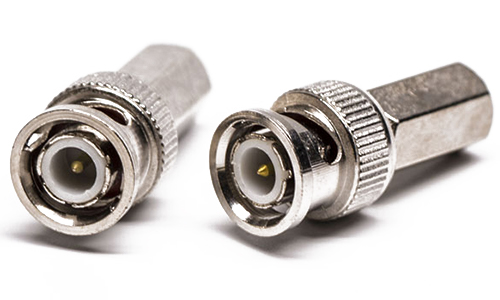
BNC Connector Center Pin Materials
The center pin, responsible for carrying the electrical signal, is typically made of materials with high conductivity, such as copper or gold. Gold-plated center pins are particularly desirable as they offer excellent conductivity and corrosion resistance, ensuring reliable and low-loss signal transmission.
Insulator Materials in BNC Connectors
The insulator, which separates the center pin from the connector body, plays a crucial role in maintaining signal integrity by preventing interference or signal loss. High-quality insulators are typically made of materials such as PTFE (polytetrafluoroethylene), which has excellent electrical properties and can withstand high temperatures.
Optimizing the design and manufacturing processes also contribute to the overall performance of the BNC connector. Precision machining and plating techniques ensure tight tolerances and a smooth surface finish, reducing signal loss and improving durability.
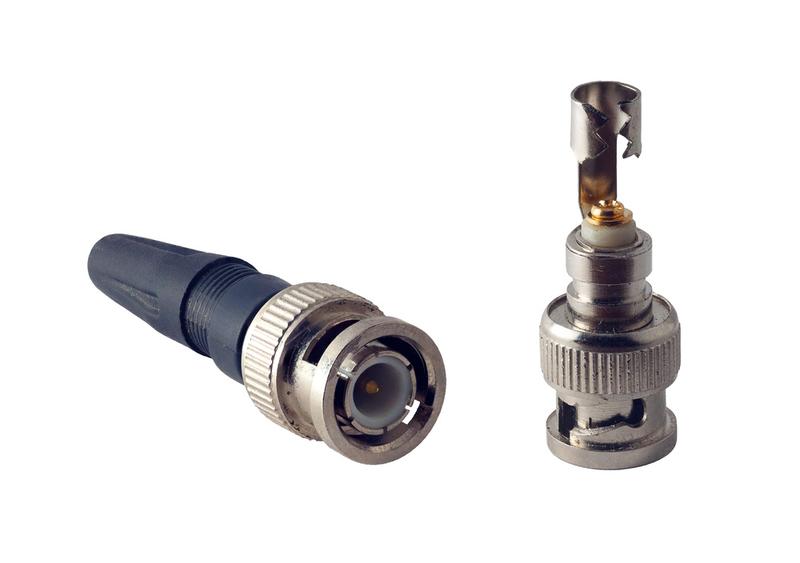
In conclusion, selecting and optimizing raw materials for BNC connectors is crucial for achieving high performance, reliability, and longevity. By using superior materials and employing advanced manufacturing techniques, BNC connector manufacturers can meet the demands of the competitive multimedia data transmission industry and provide customers with the best possible connectivity solutions.
If you have any further questions about BNC specifications, drawings, pricing, or any other concerns, please feel free to contact us. Our team of professional engineers is ready to assist you.

